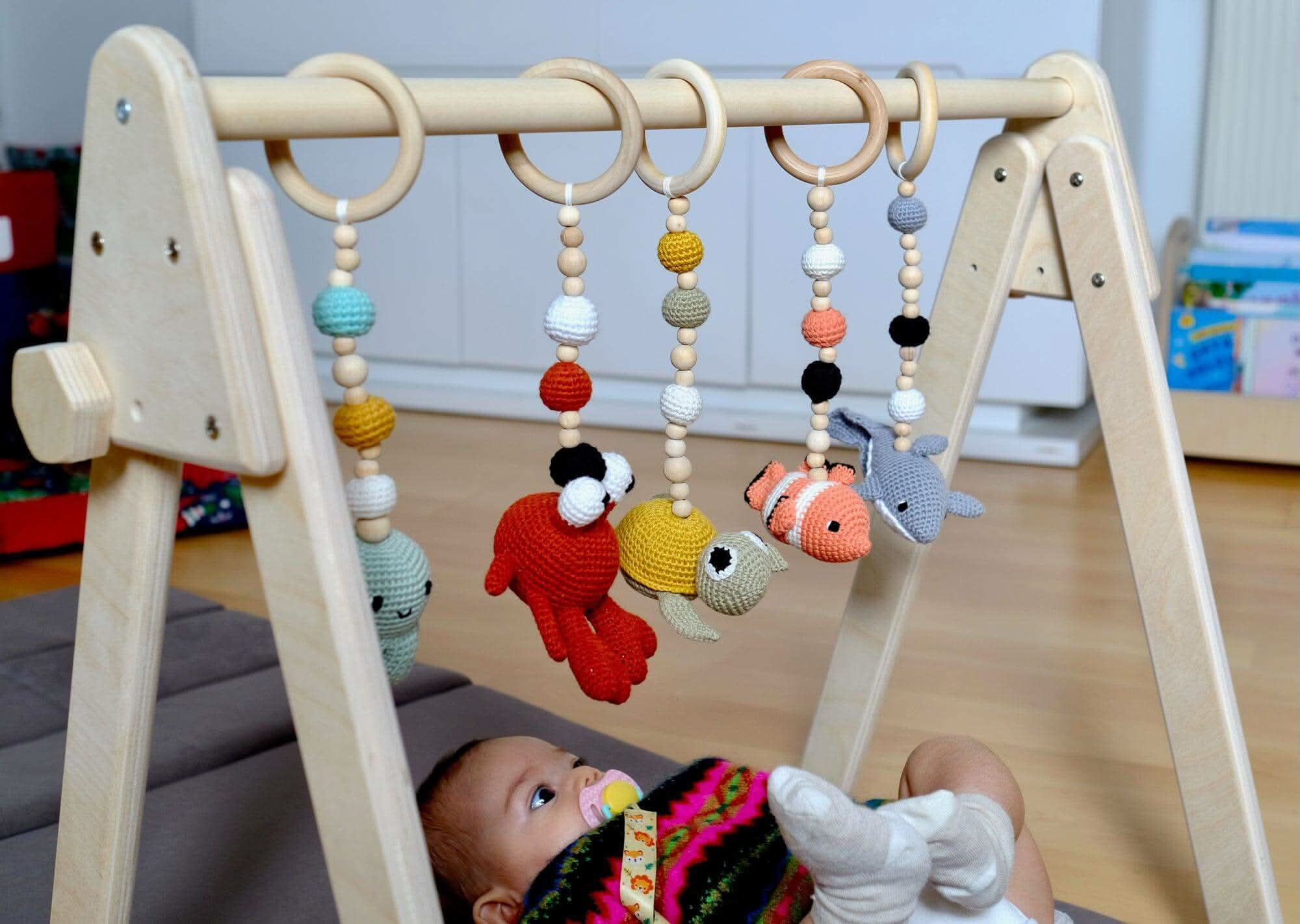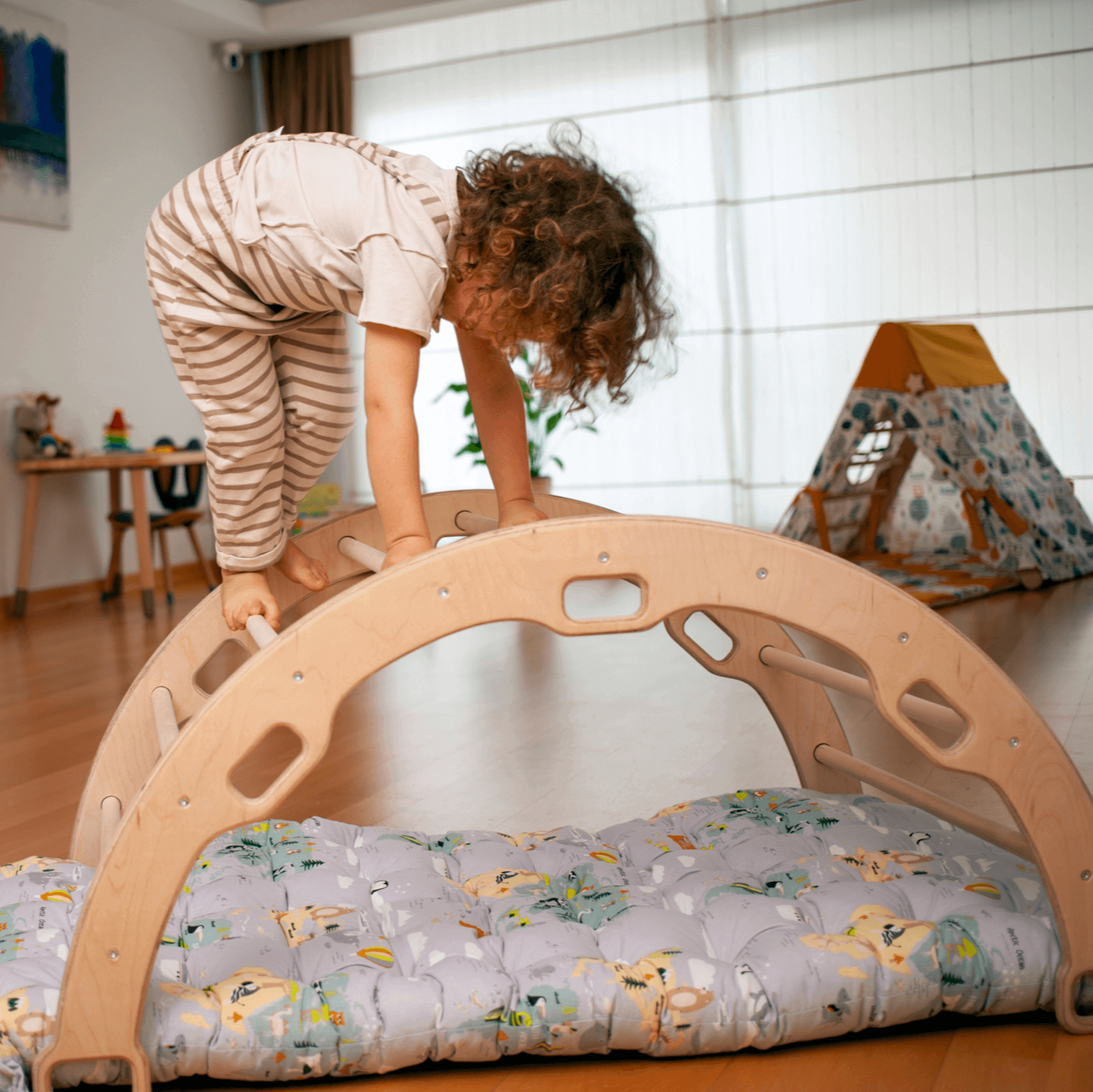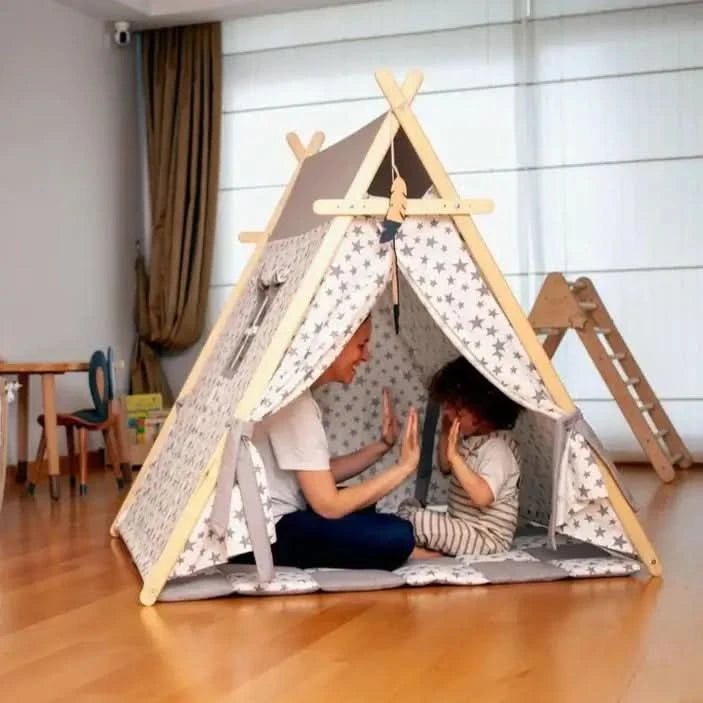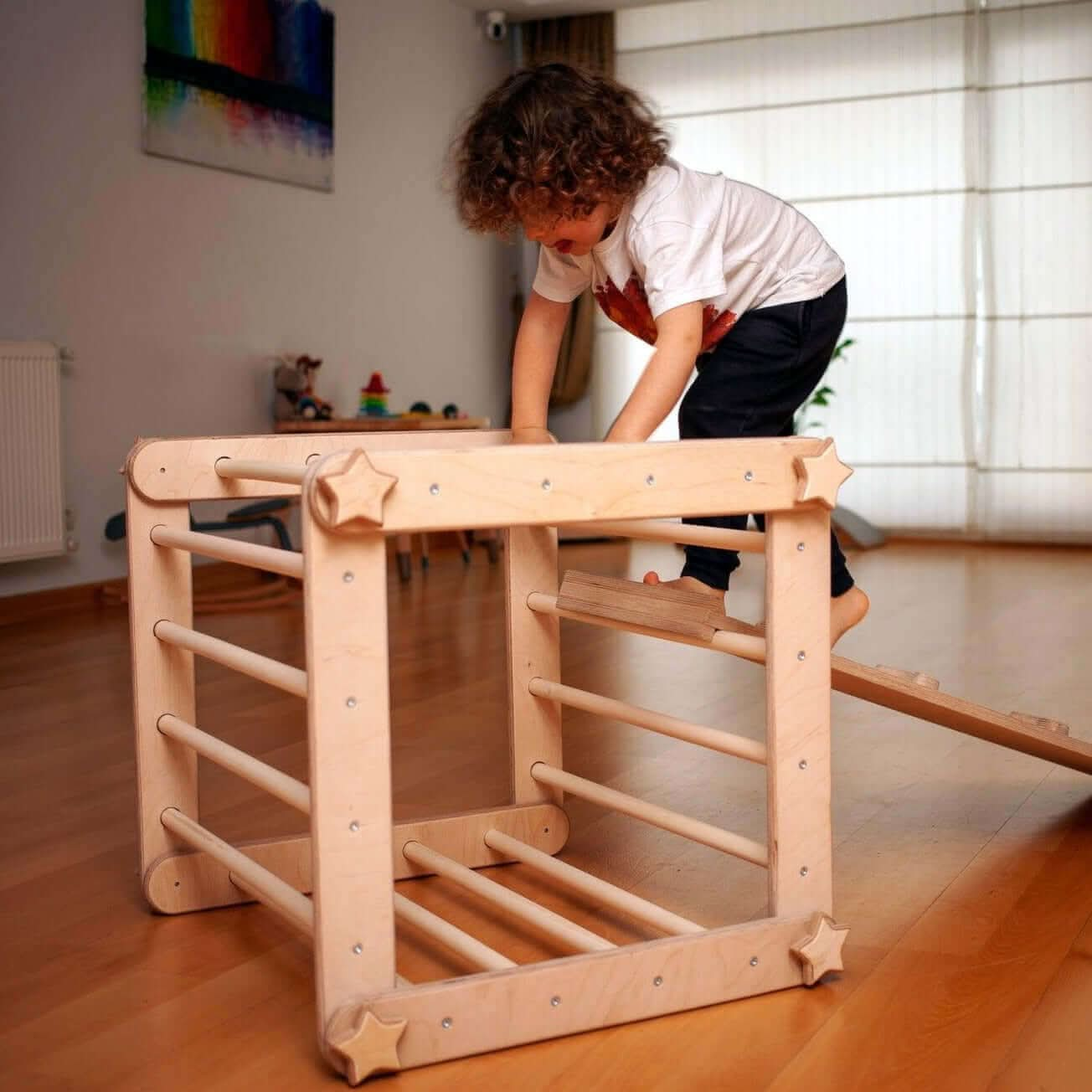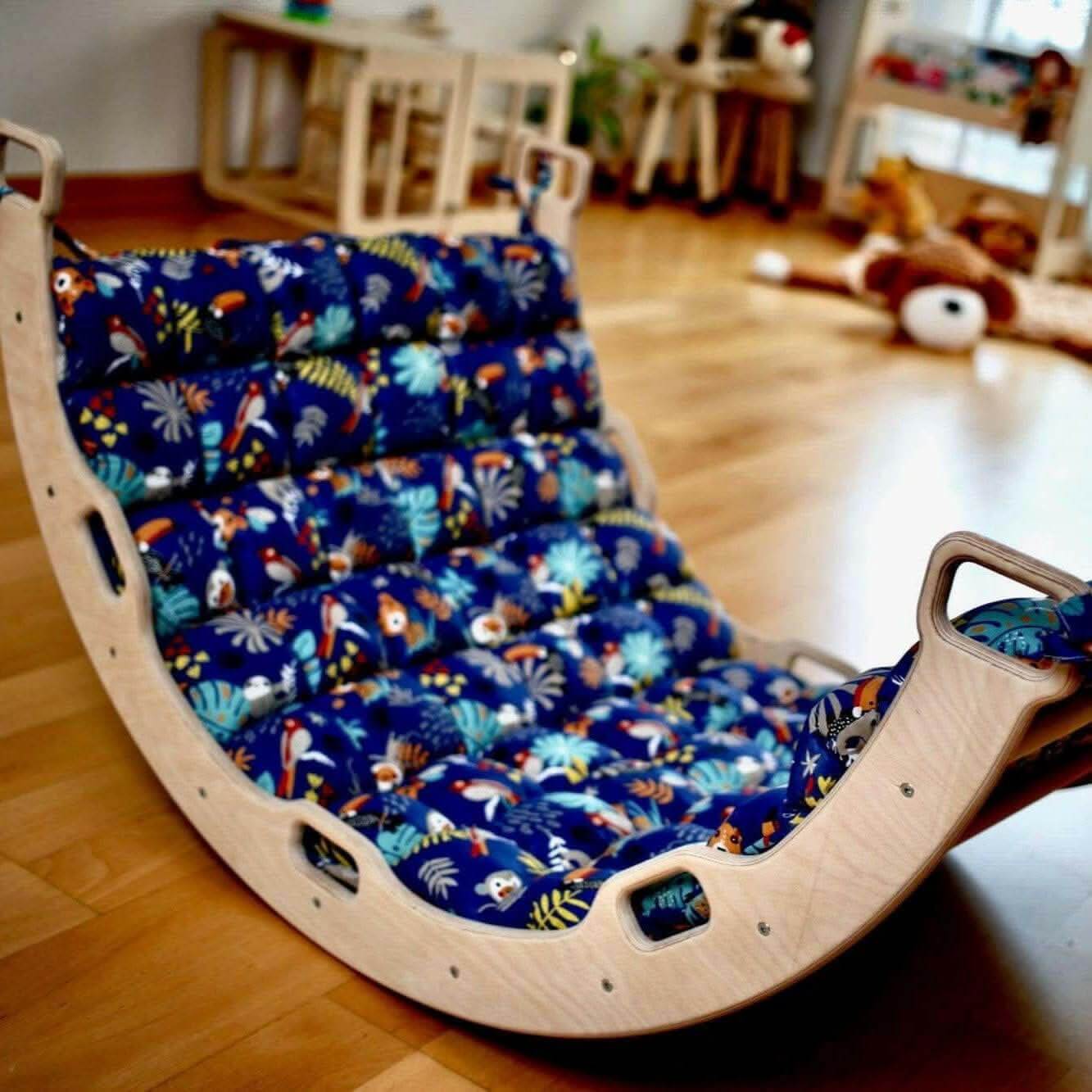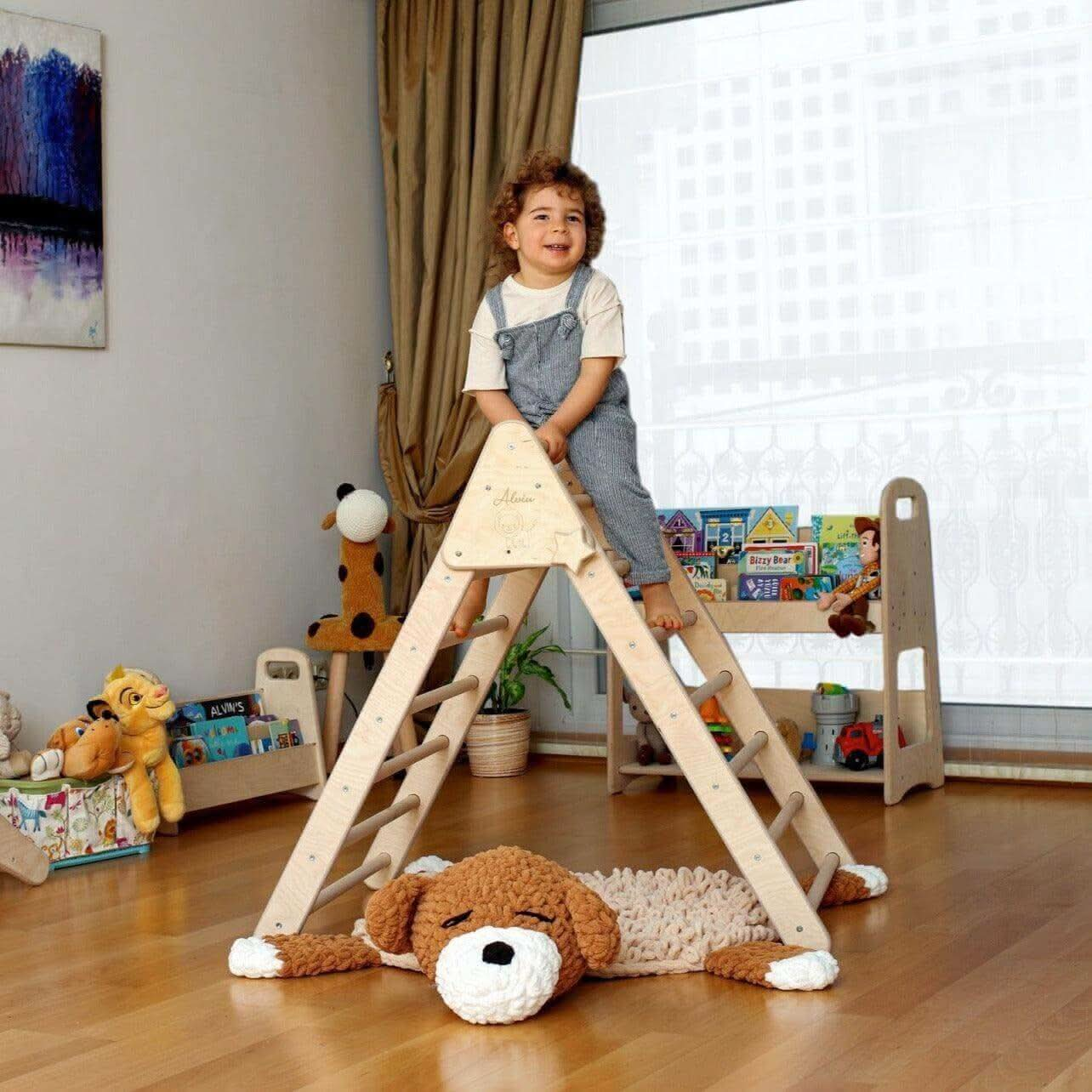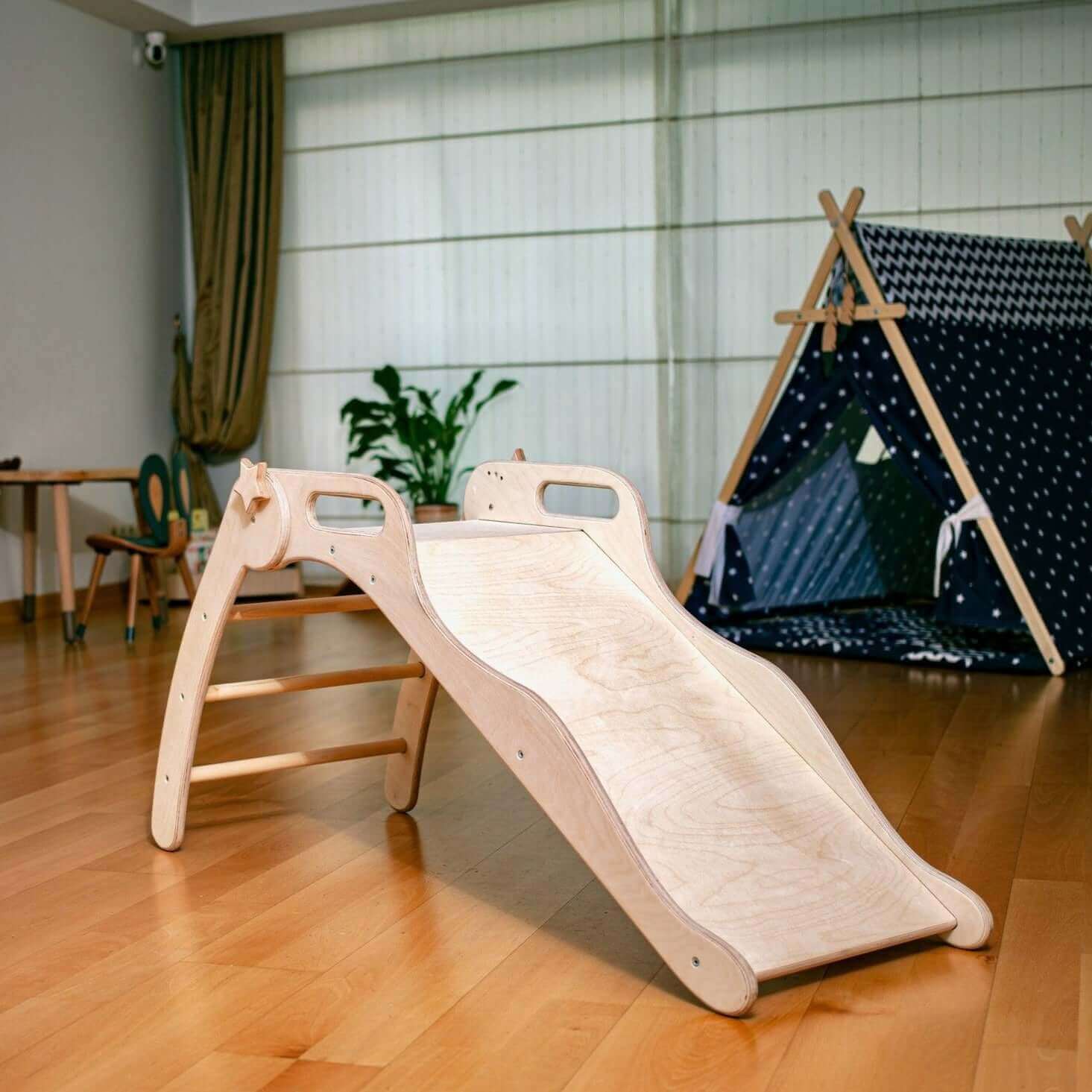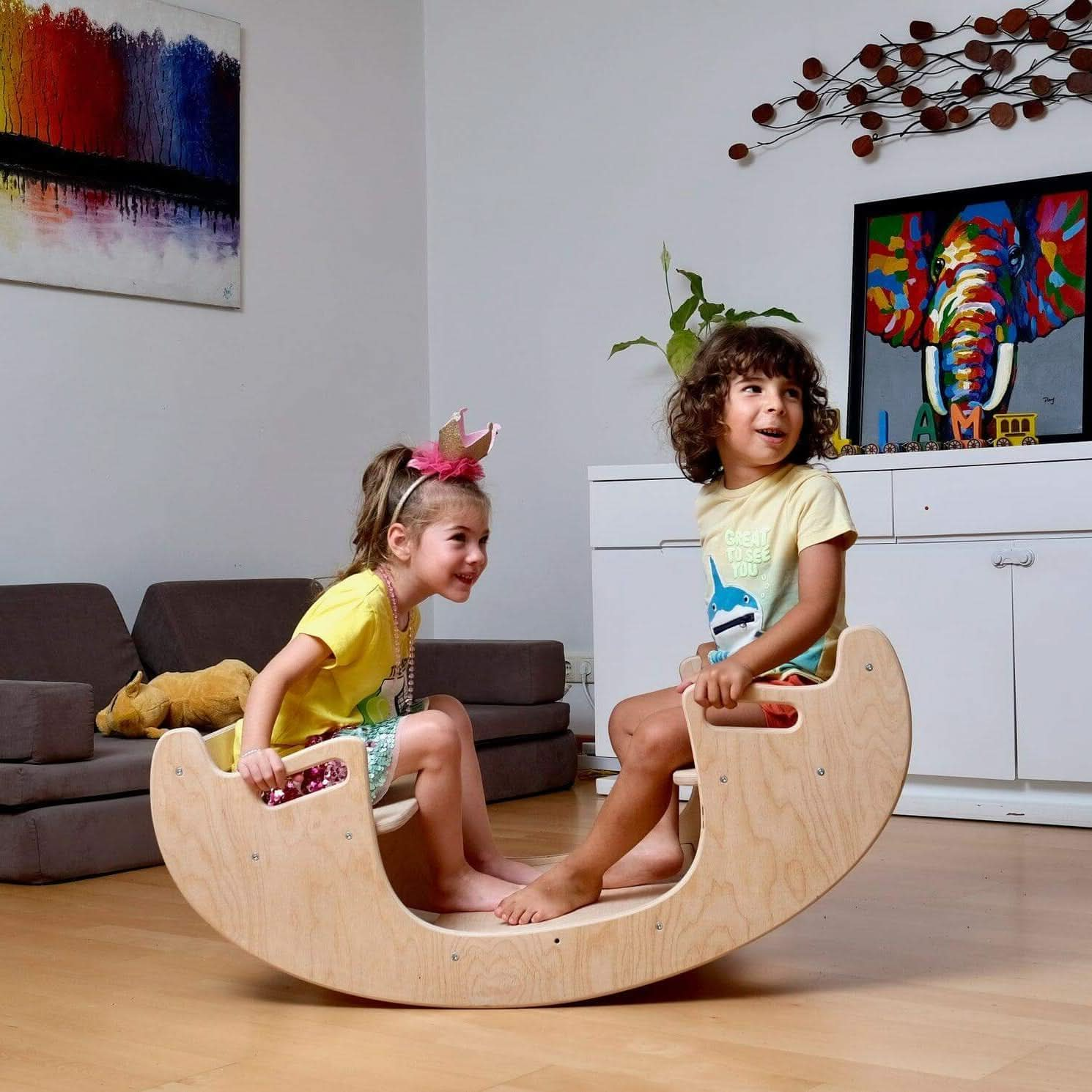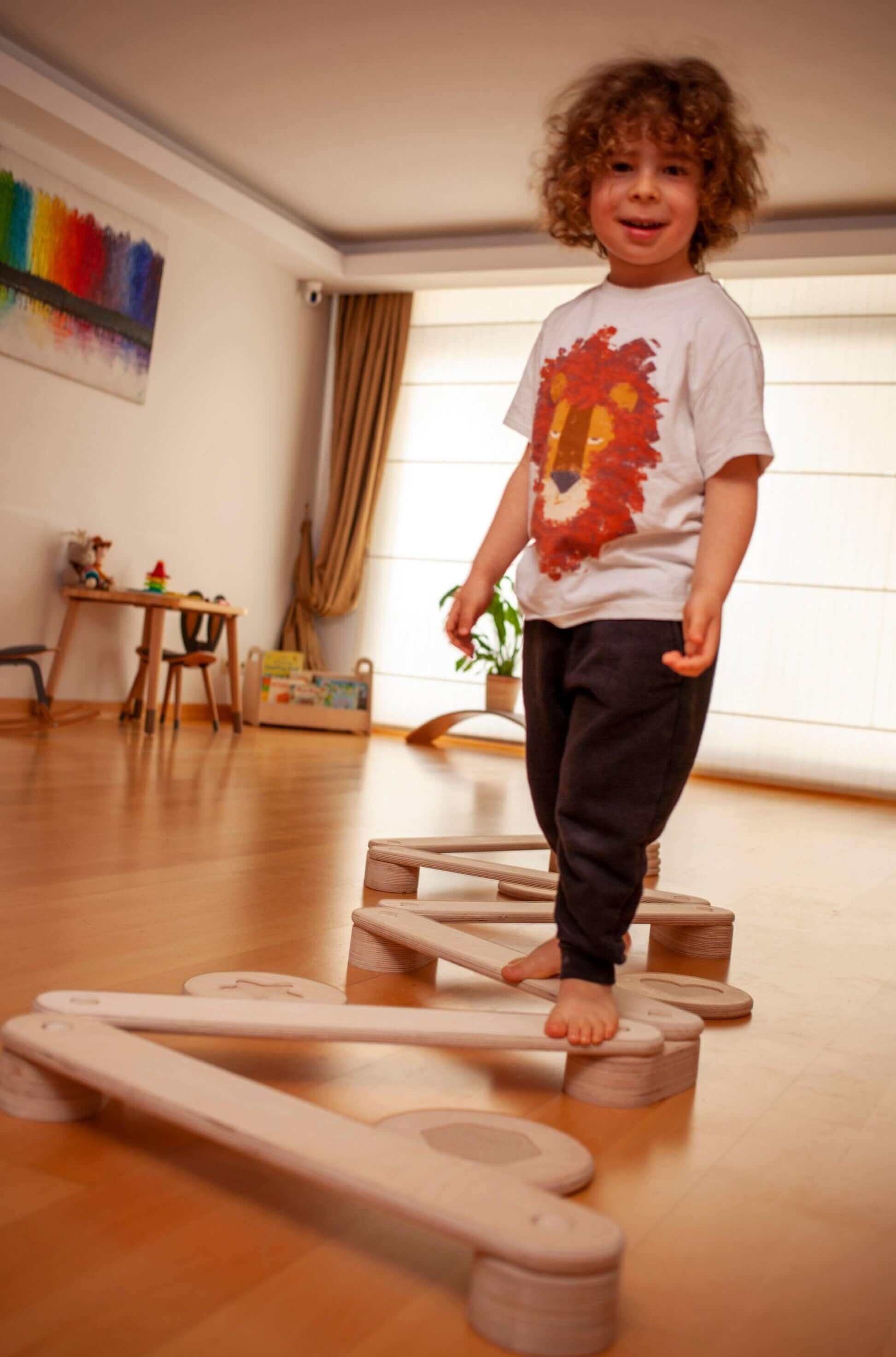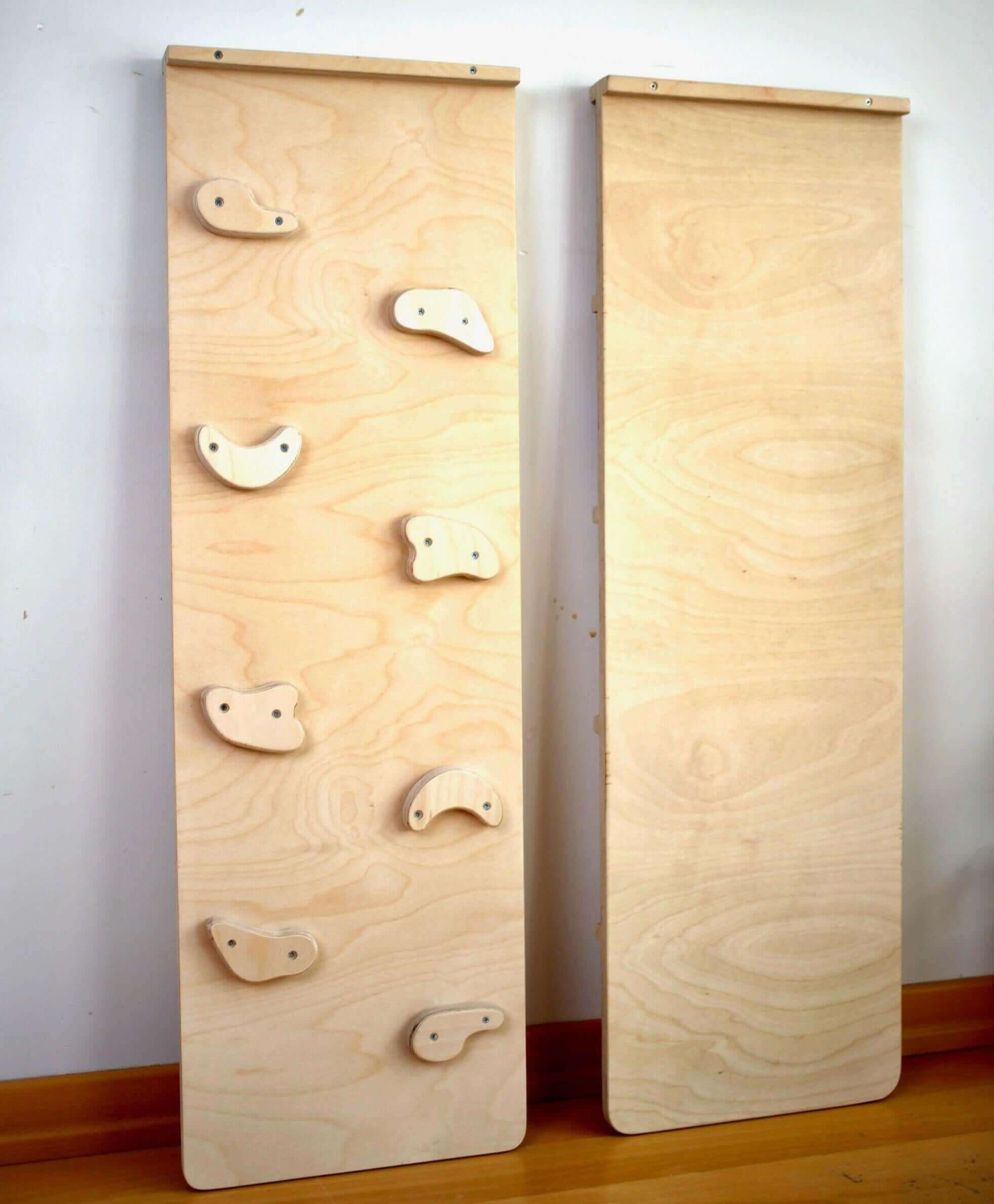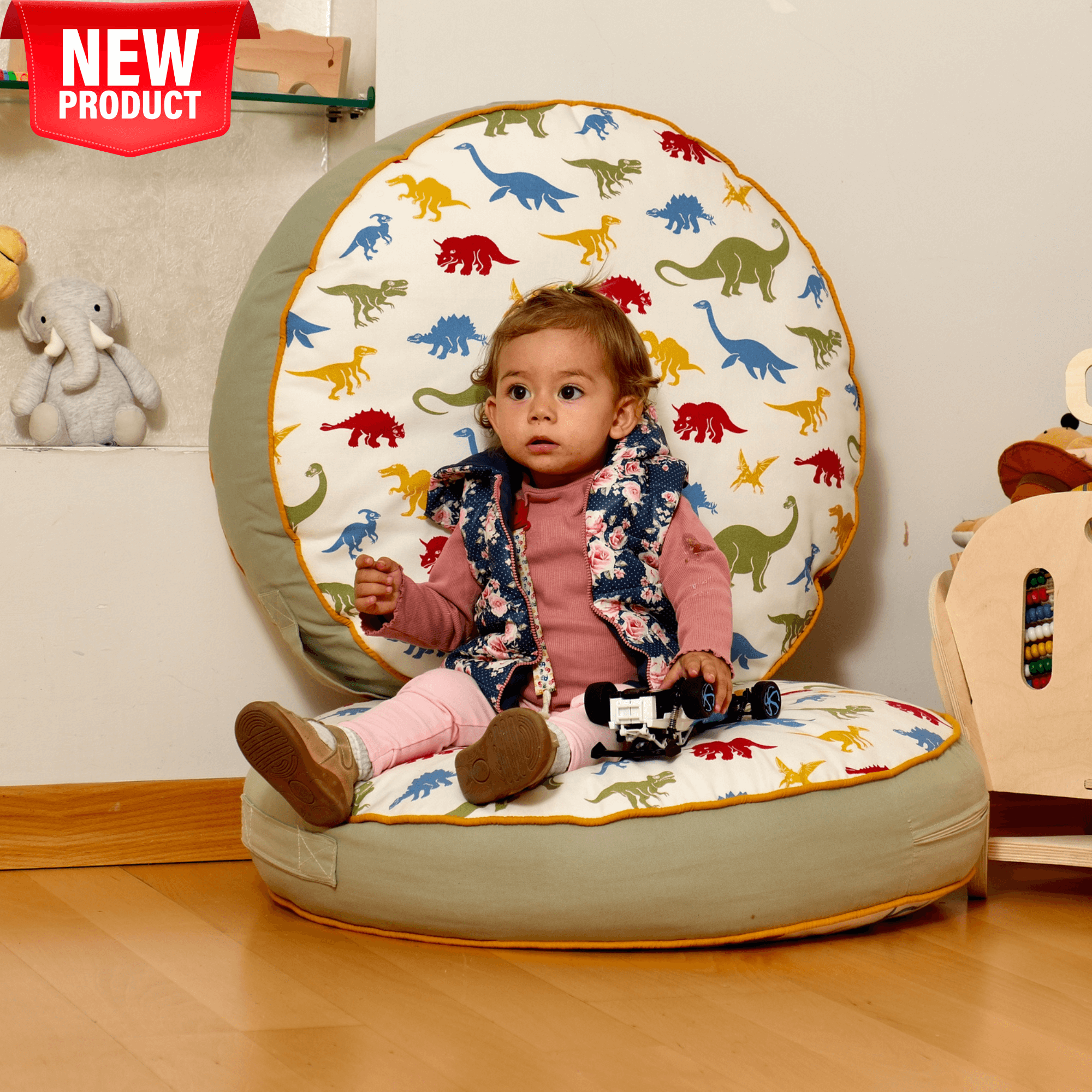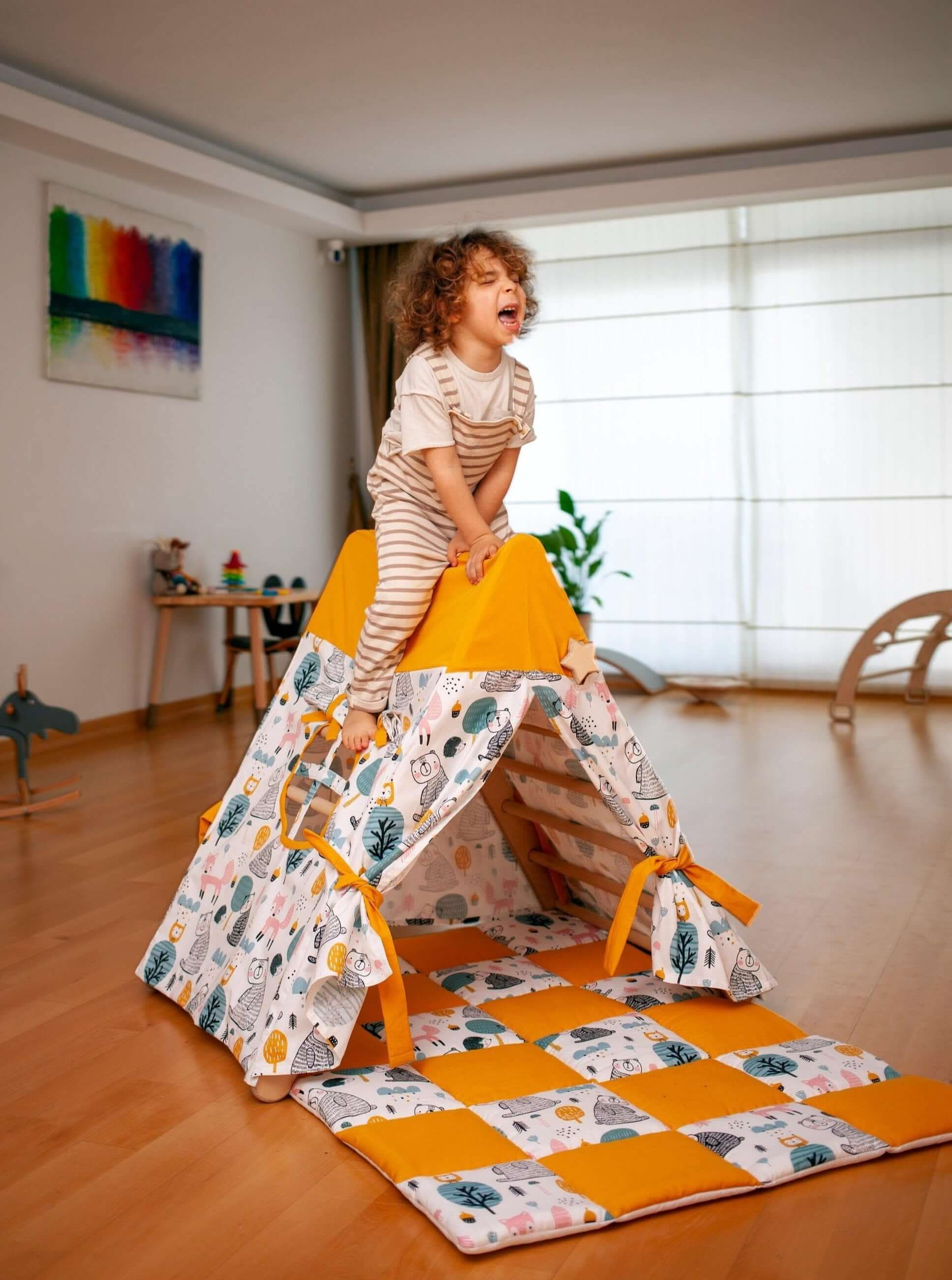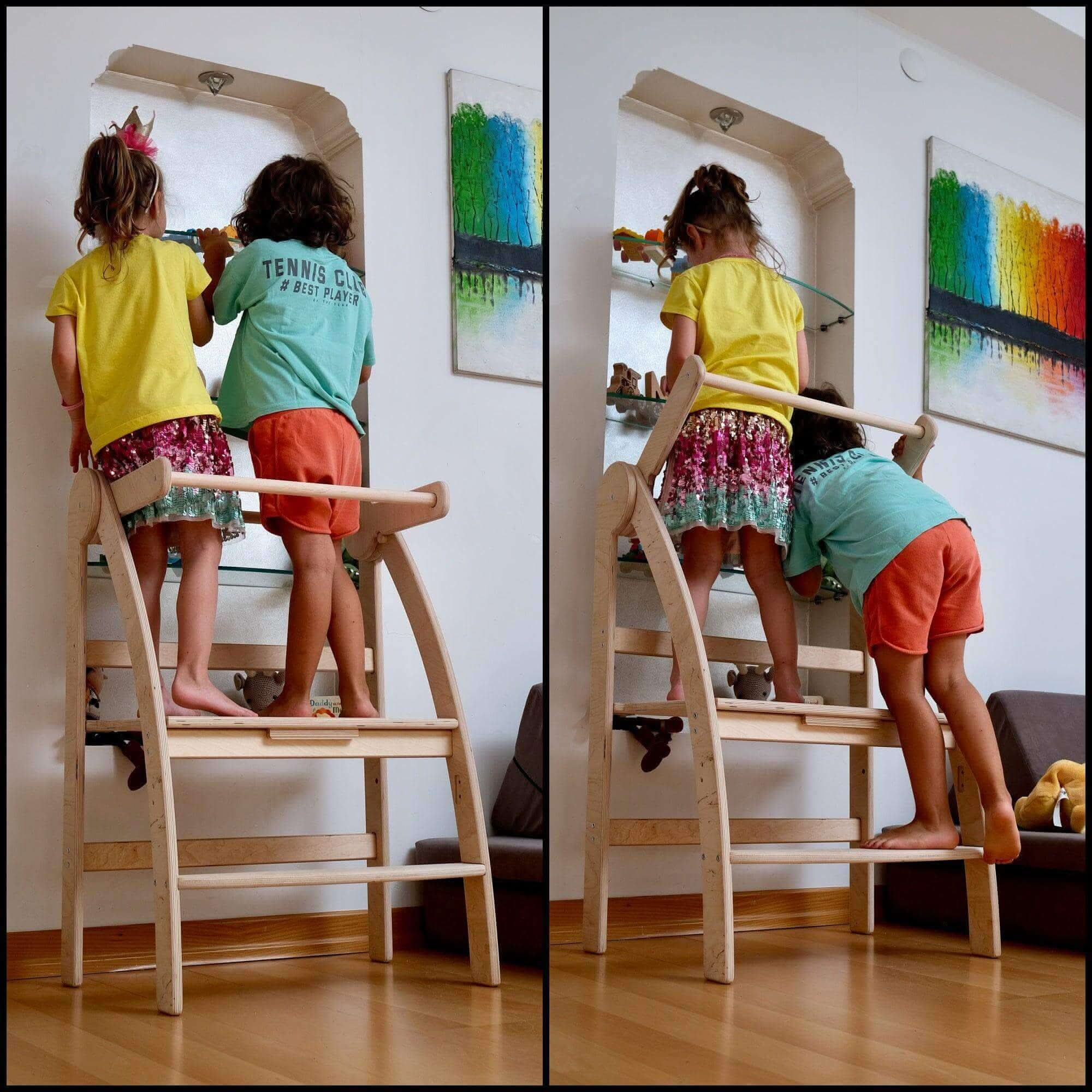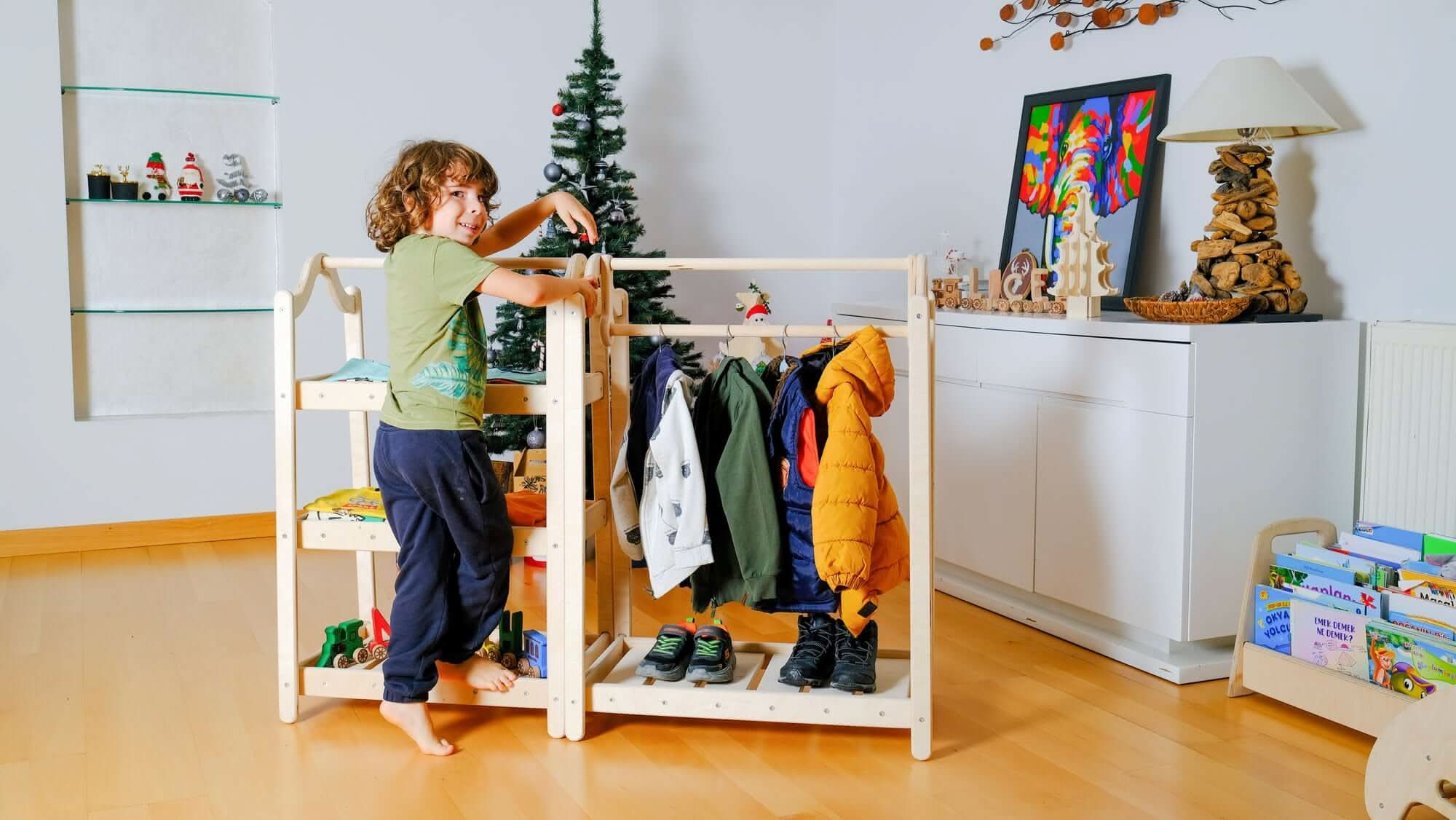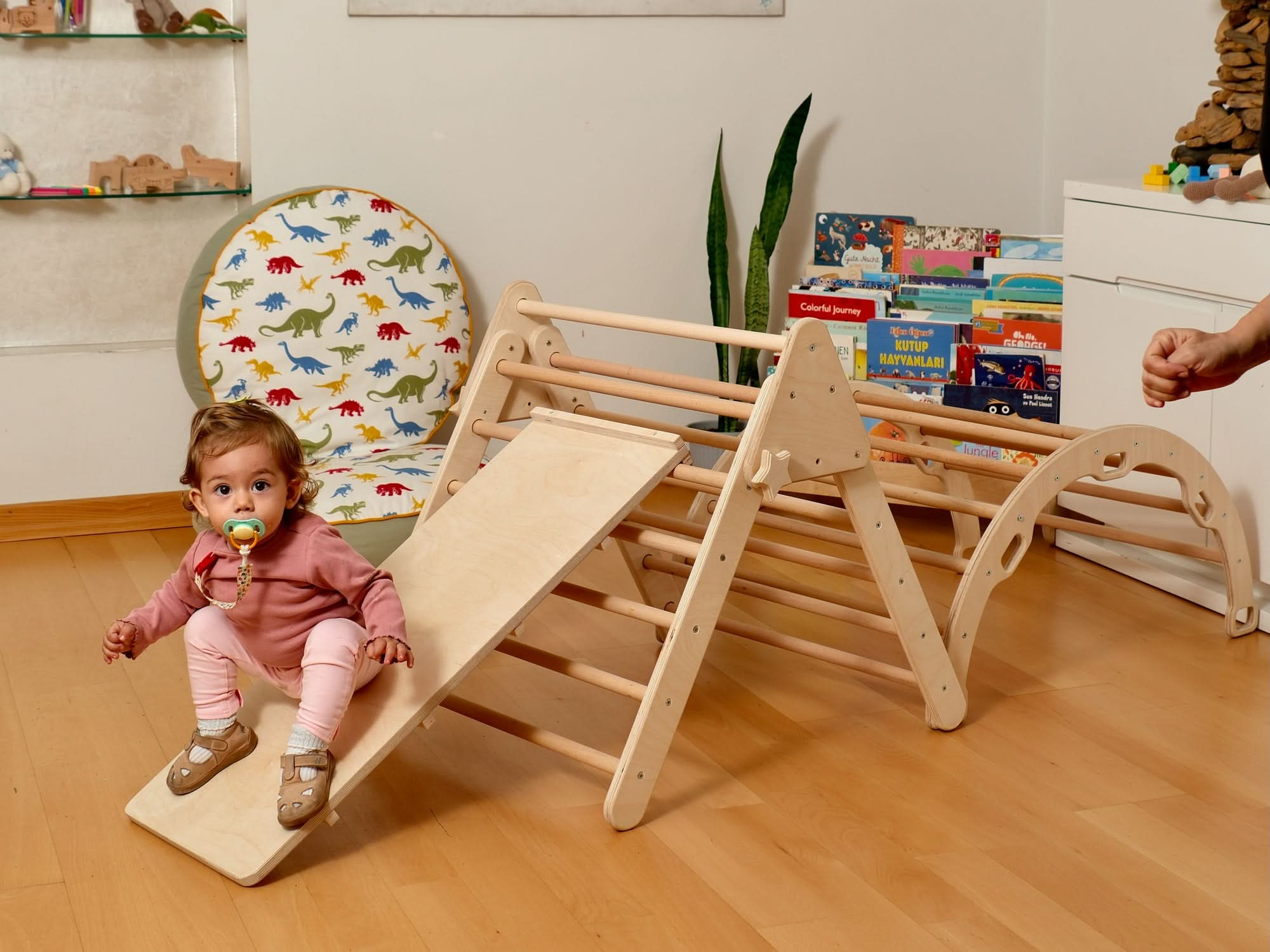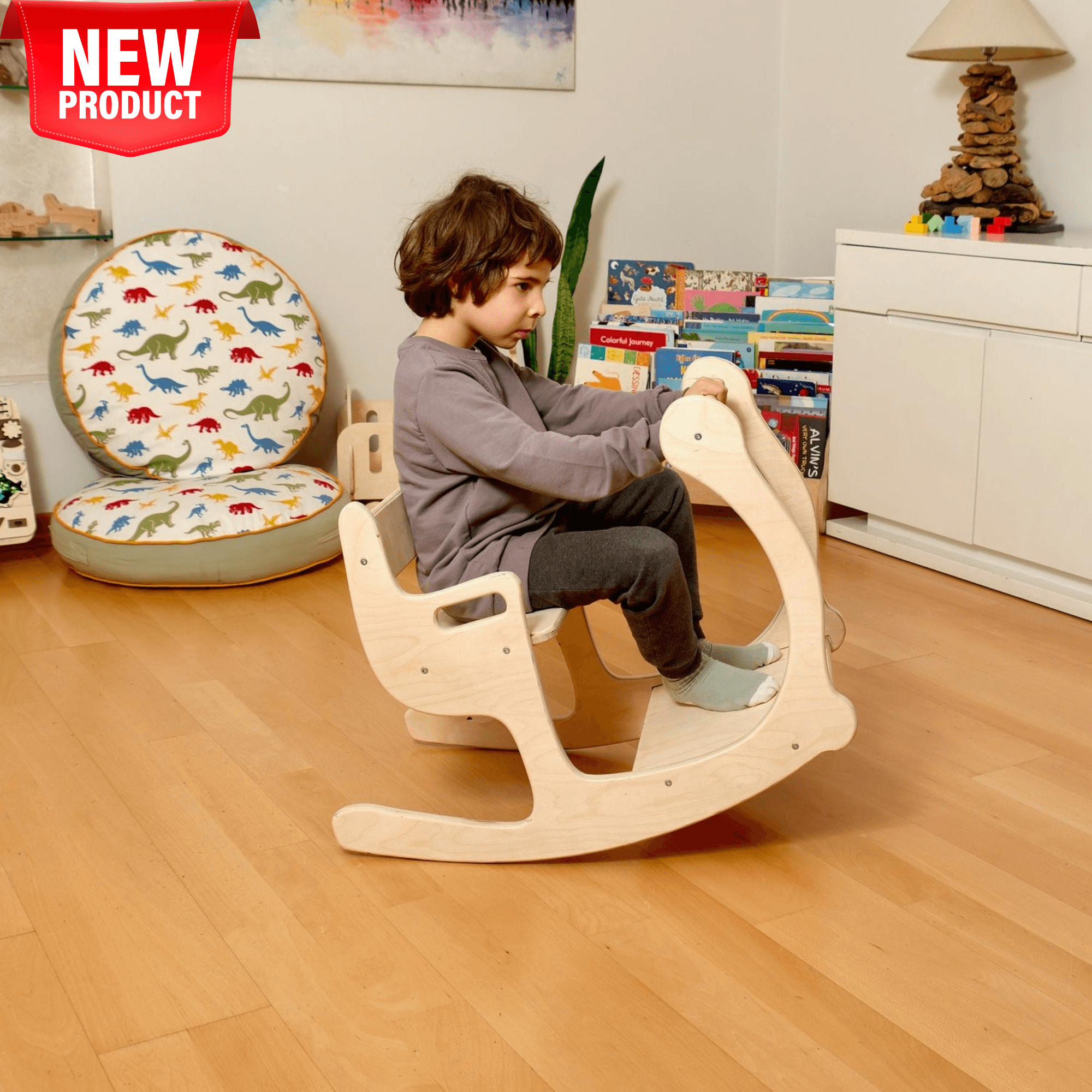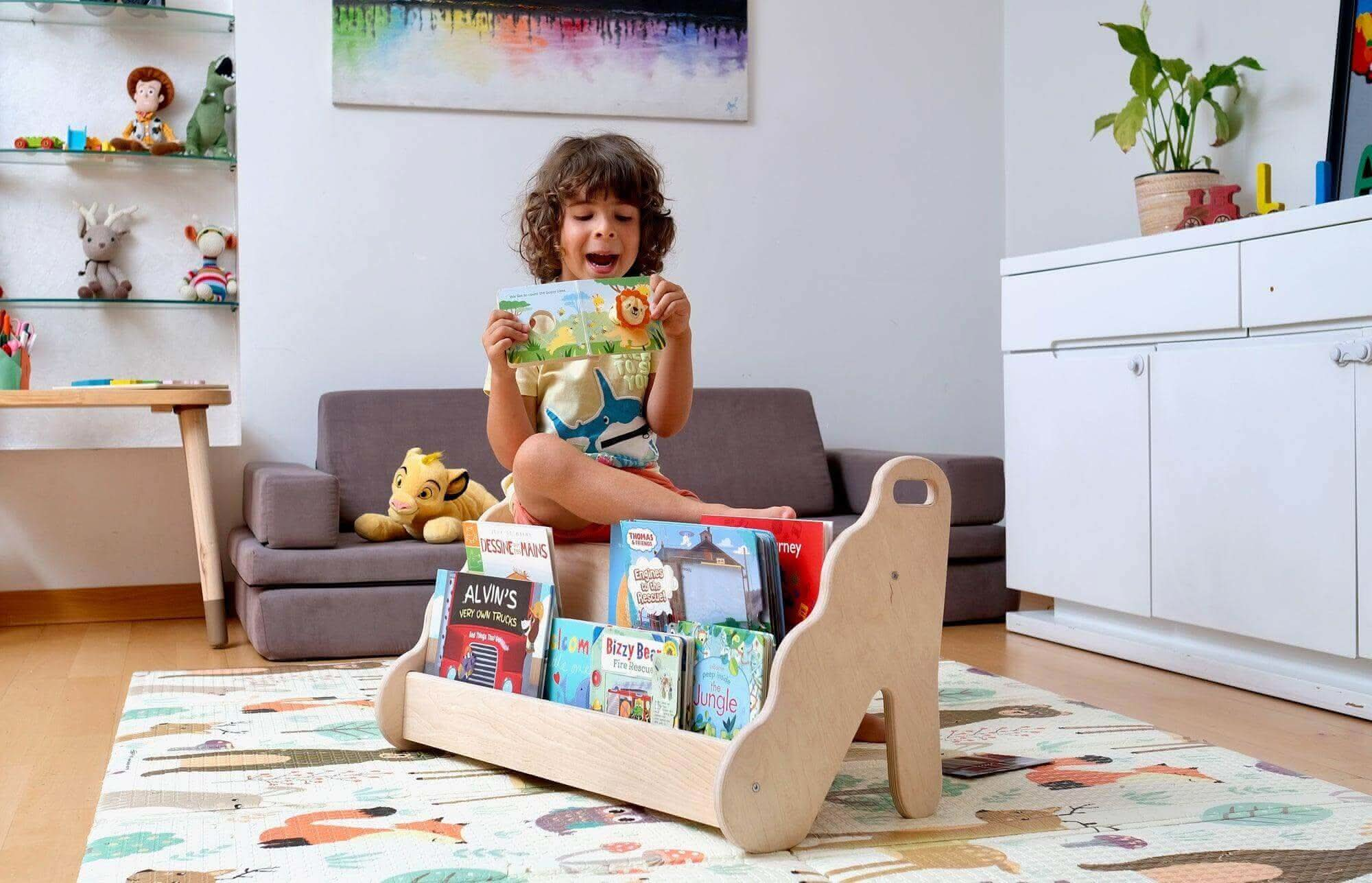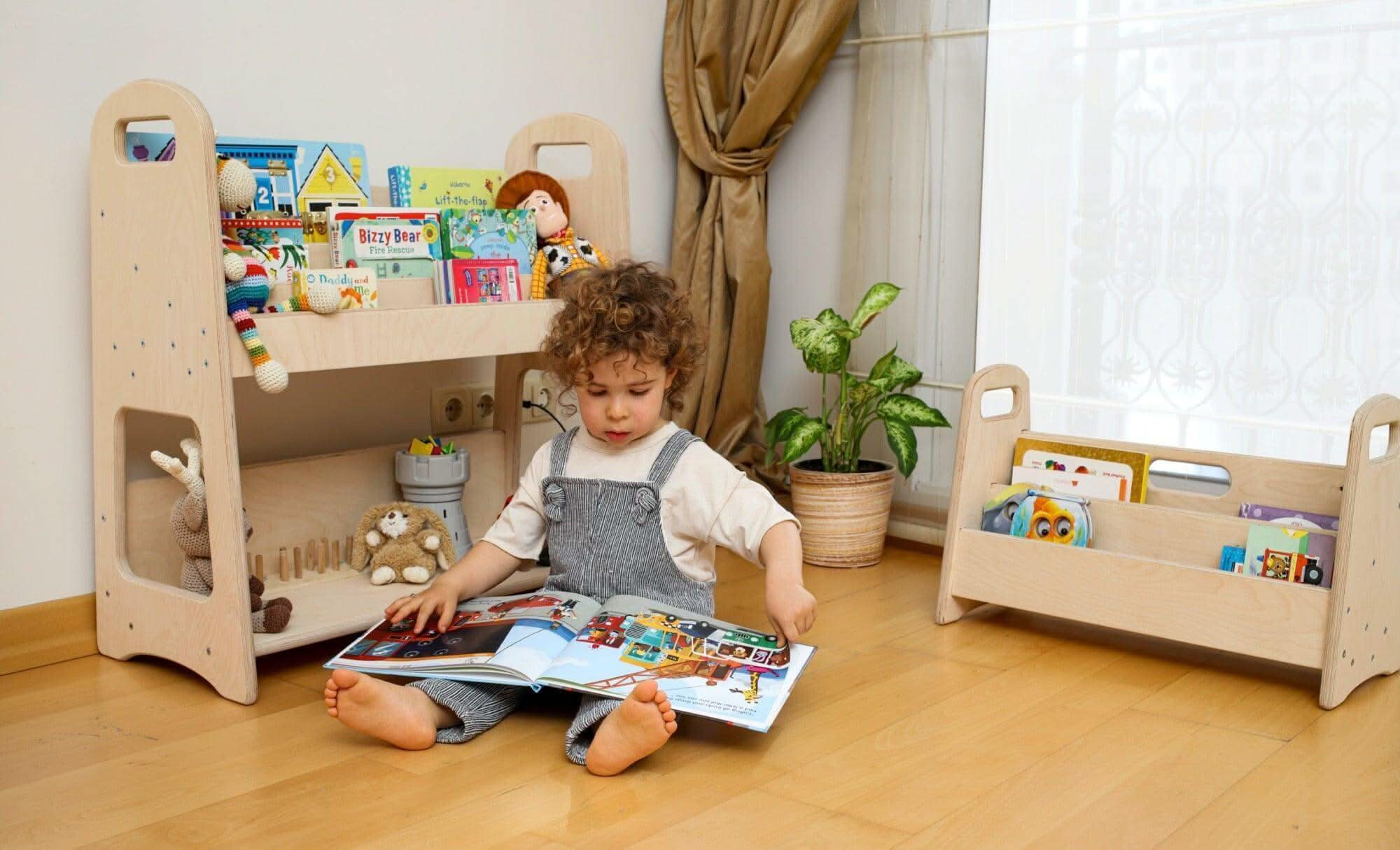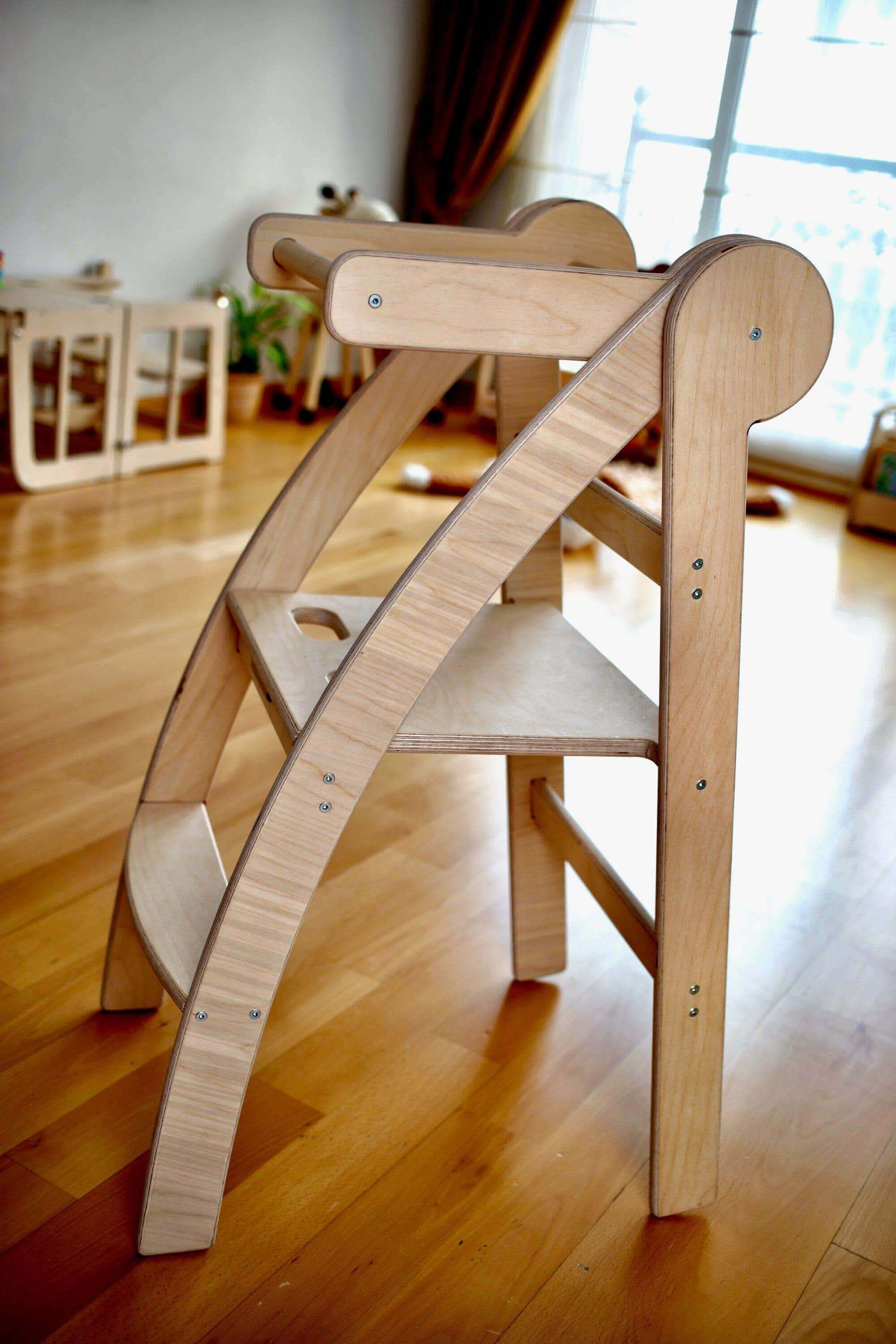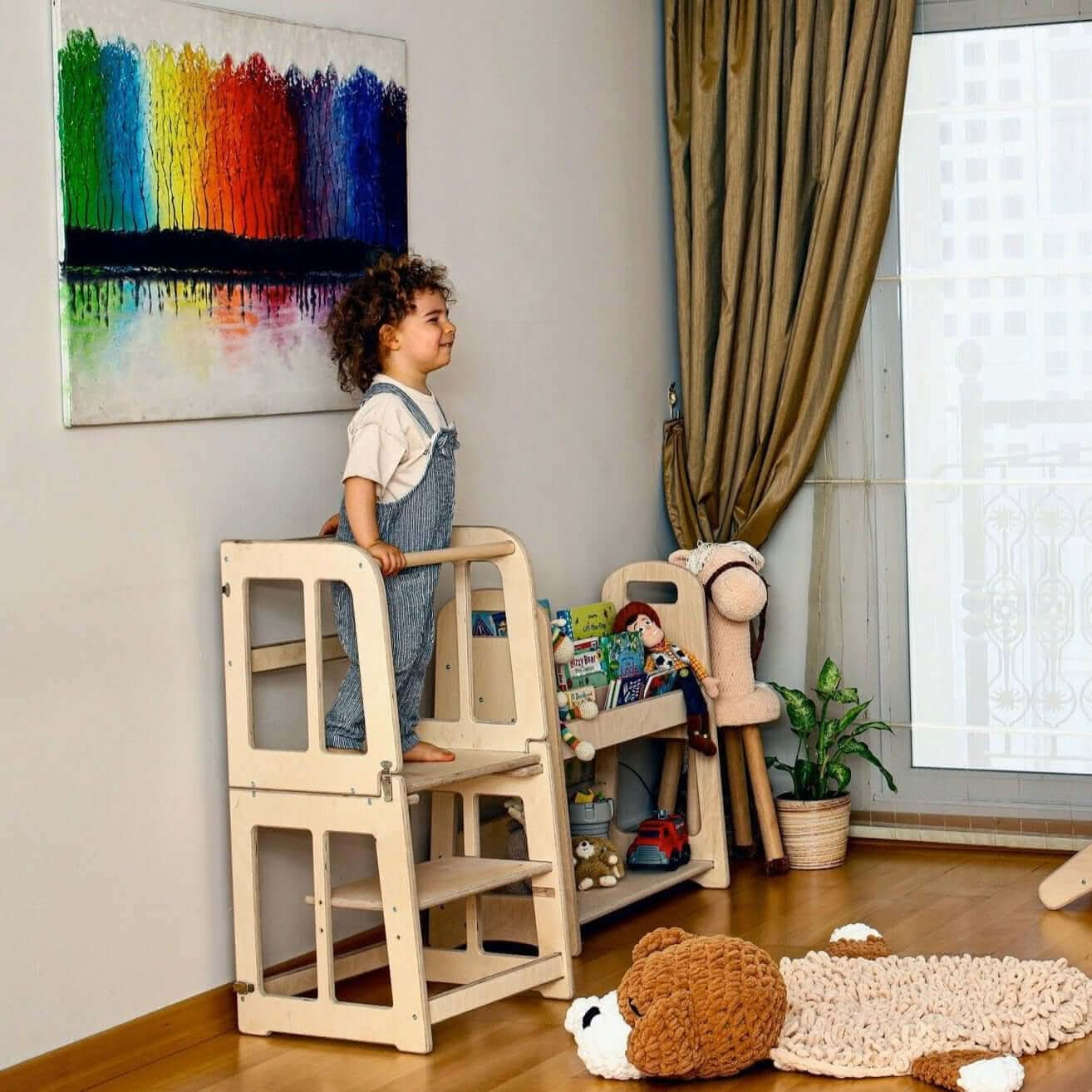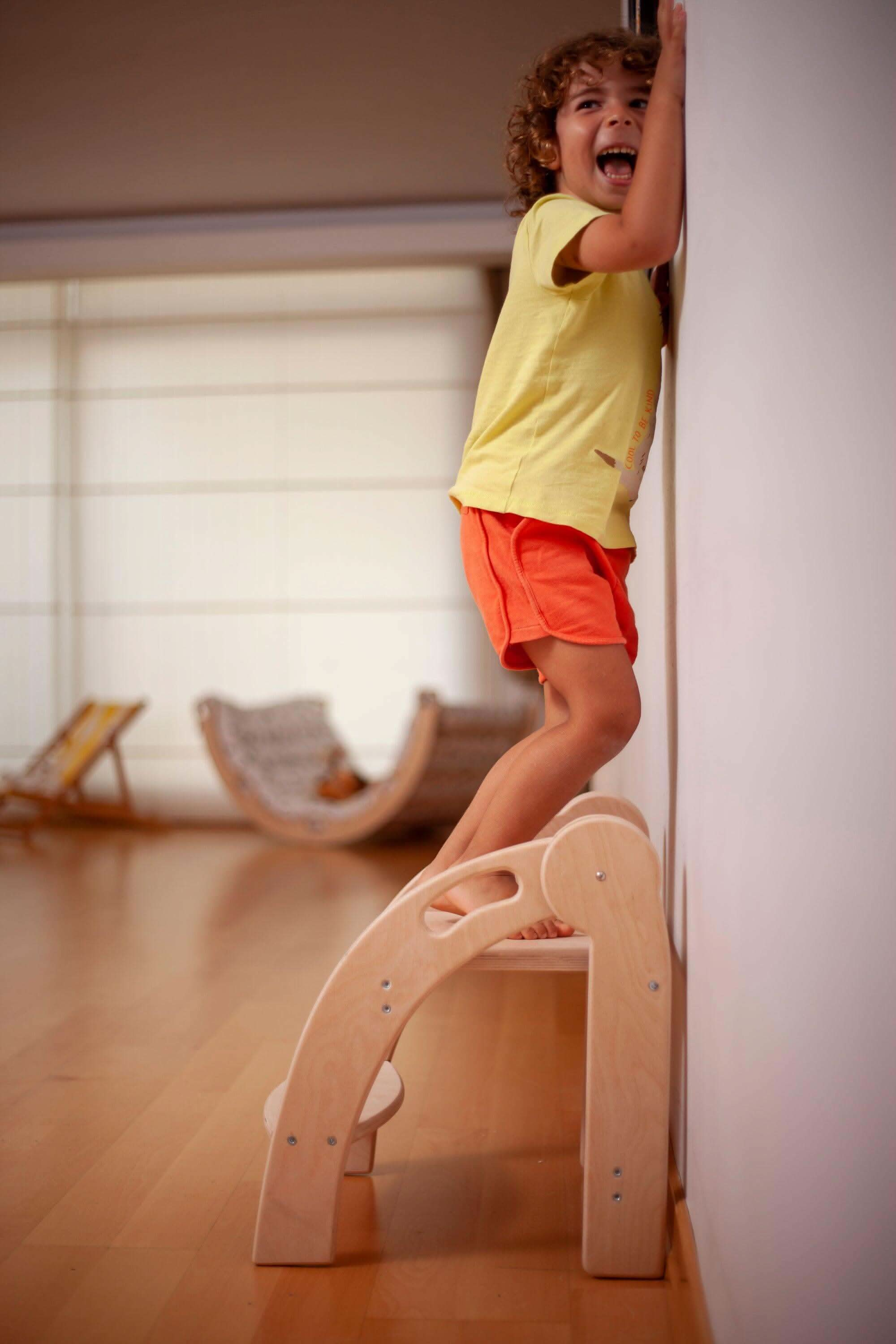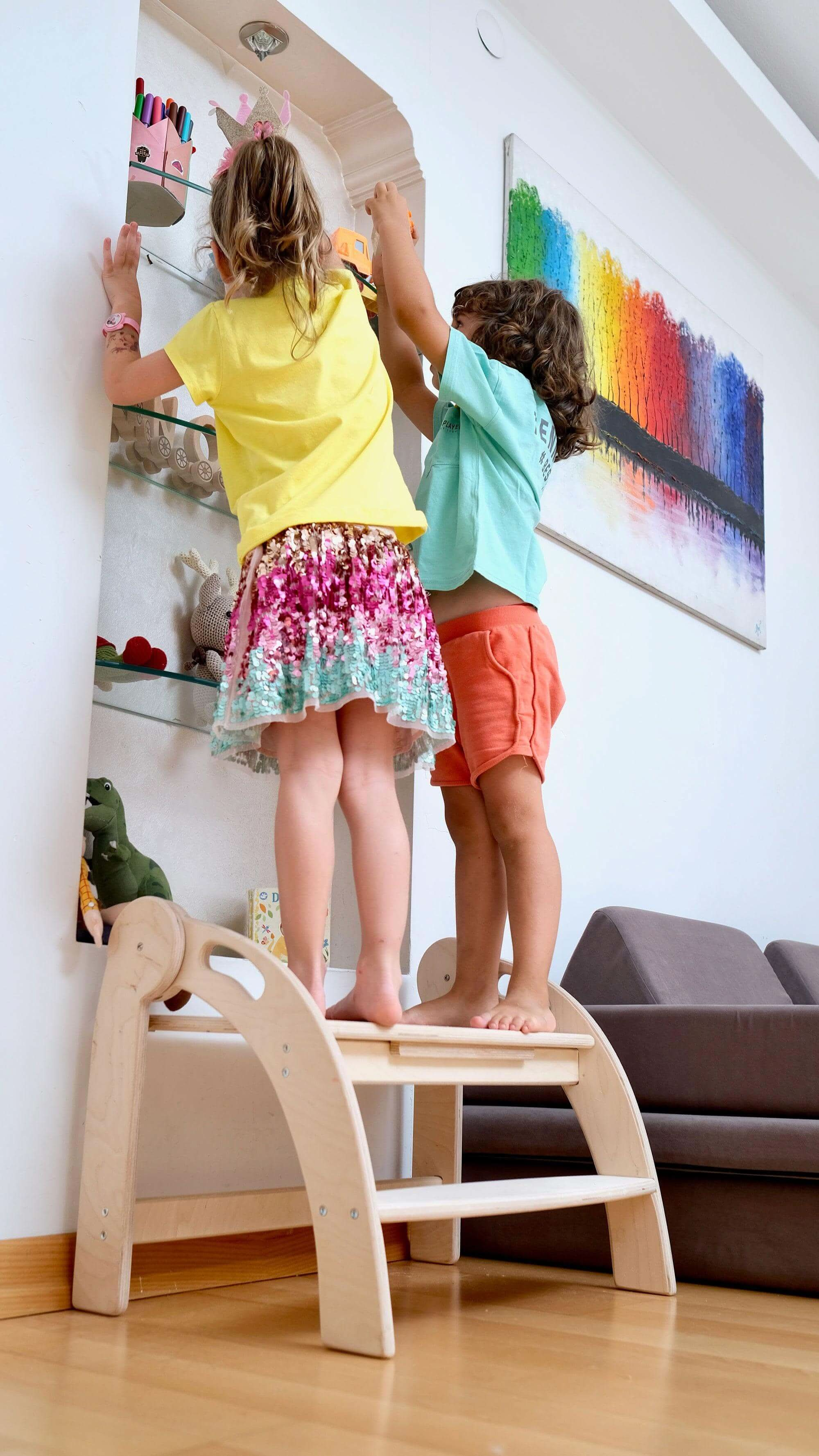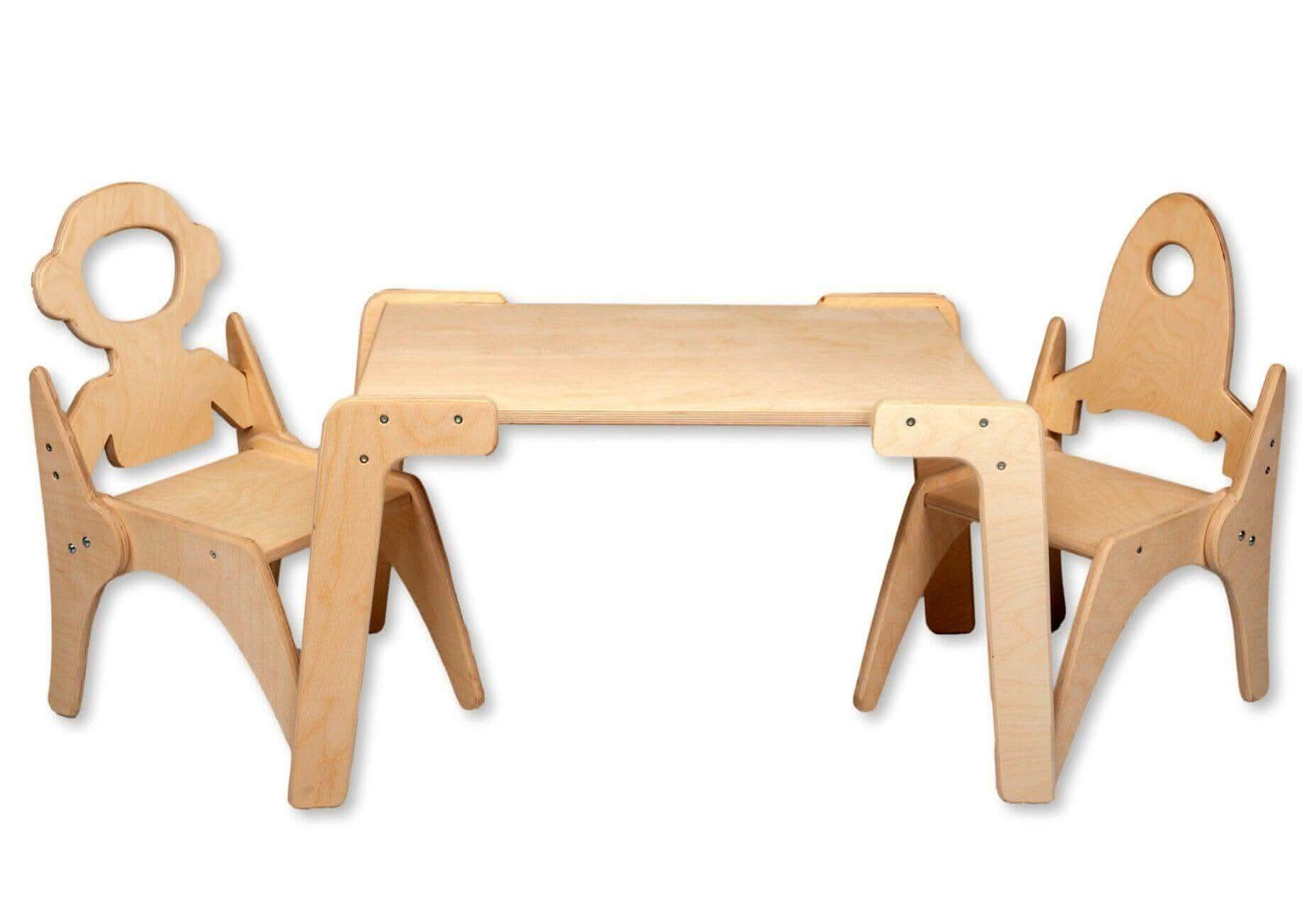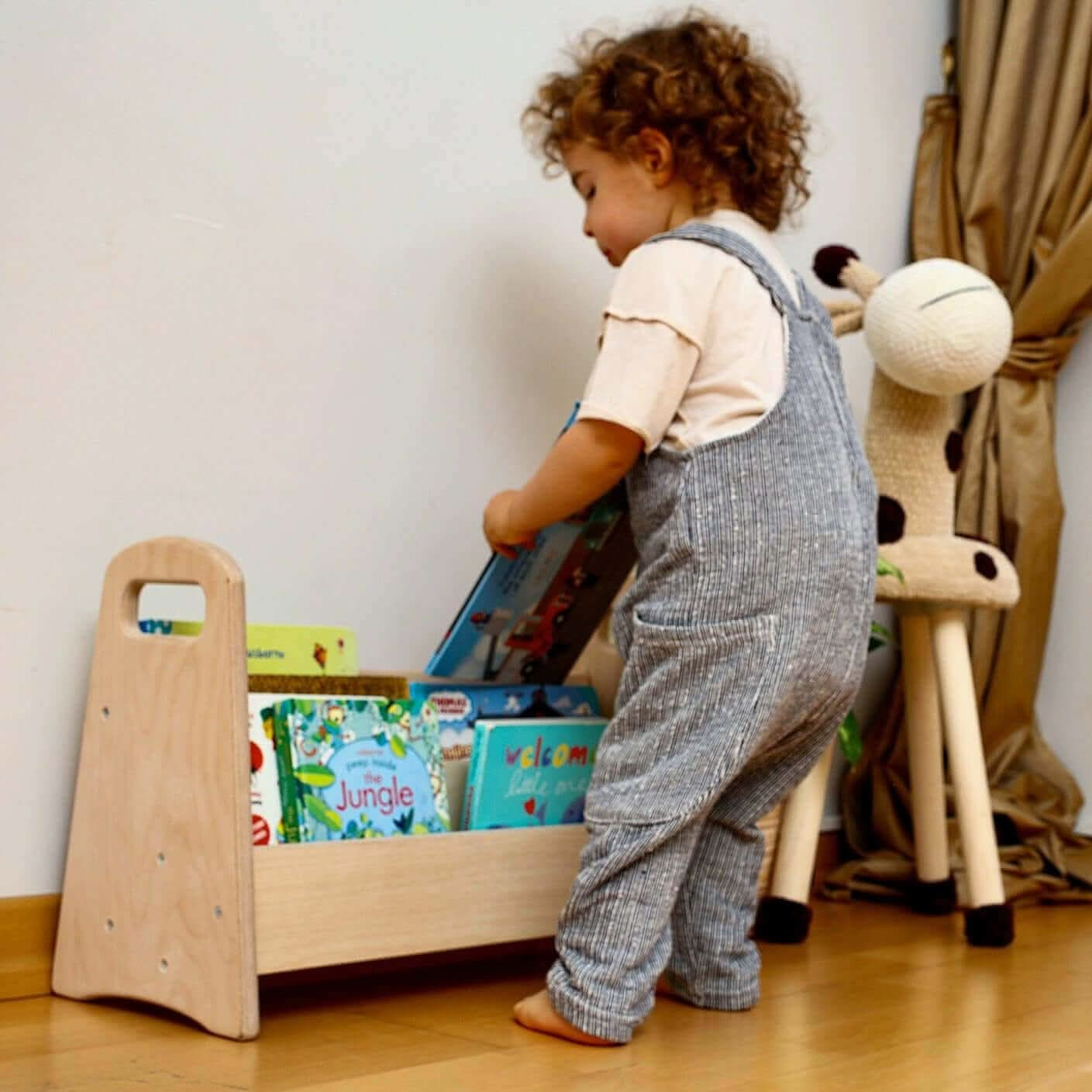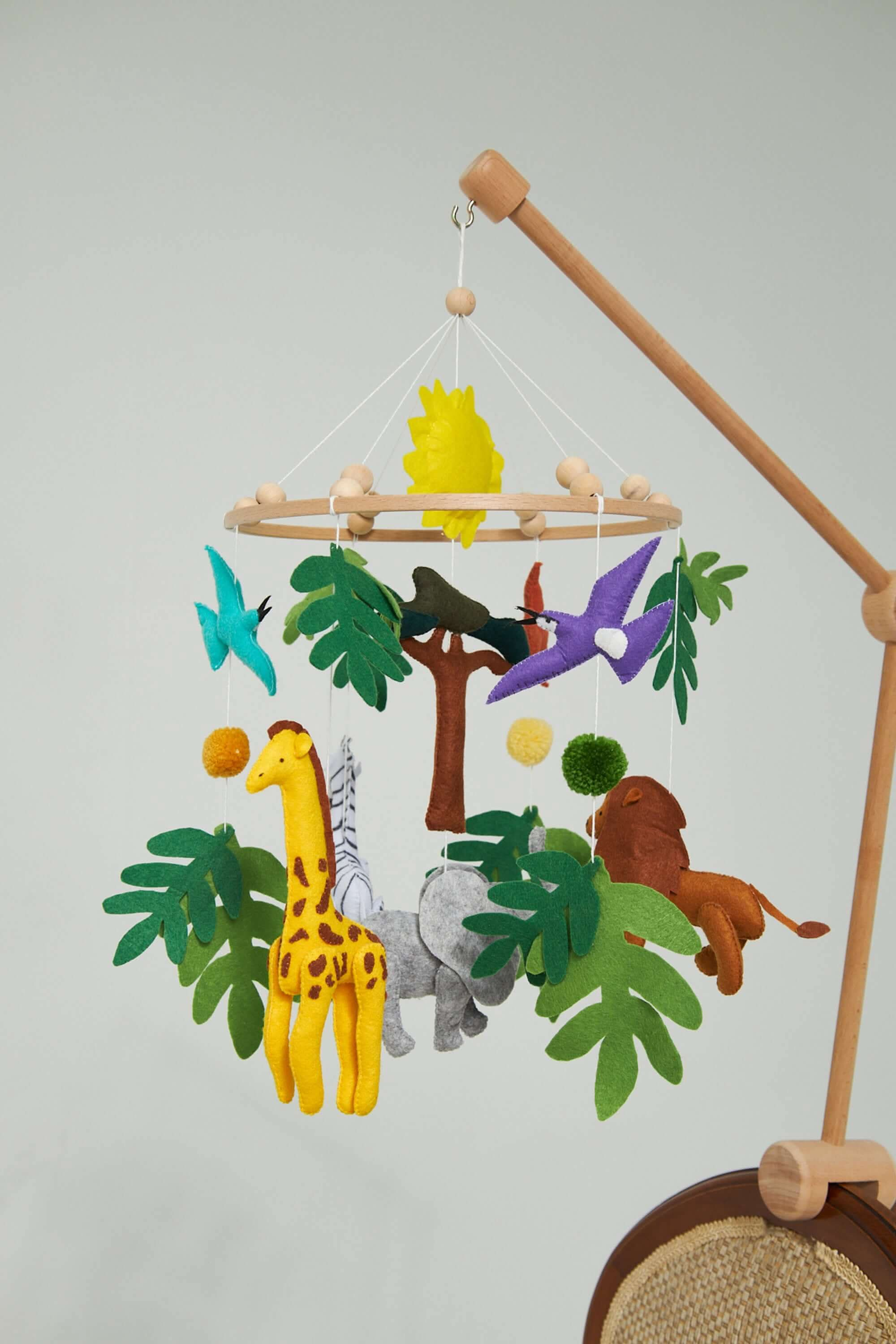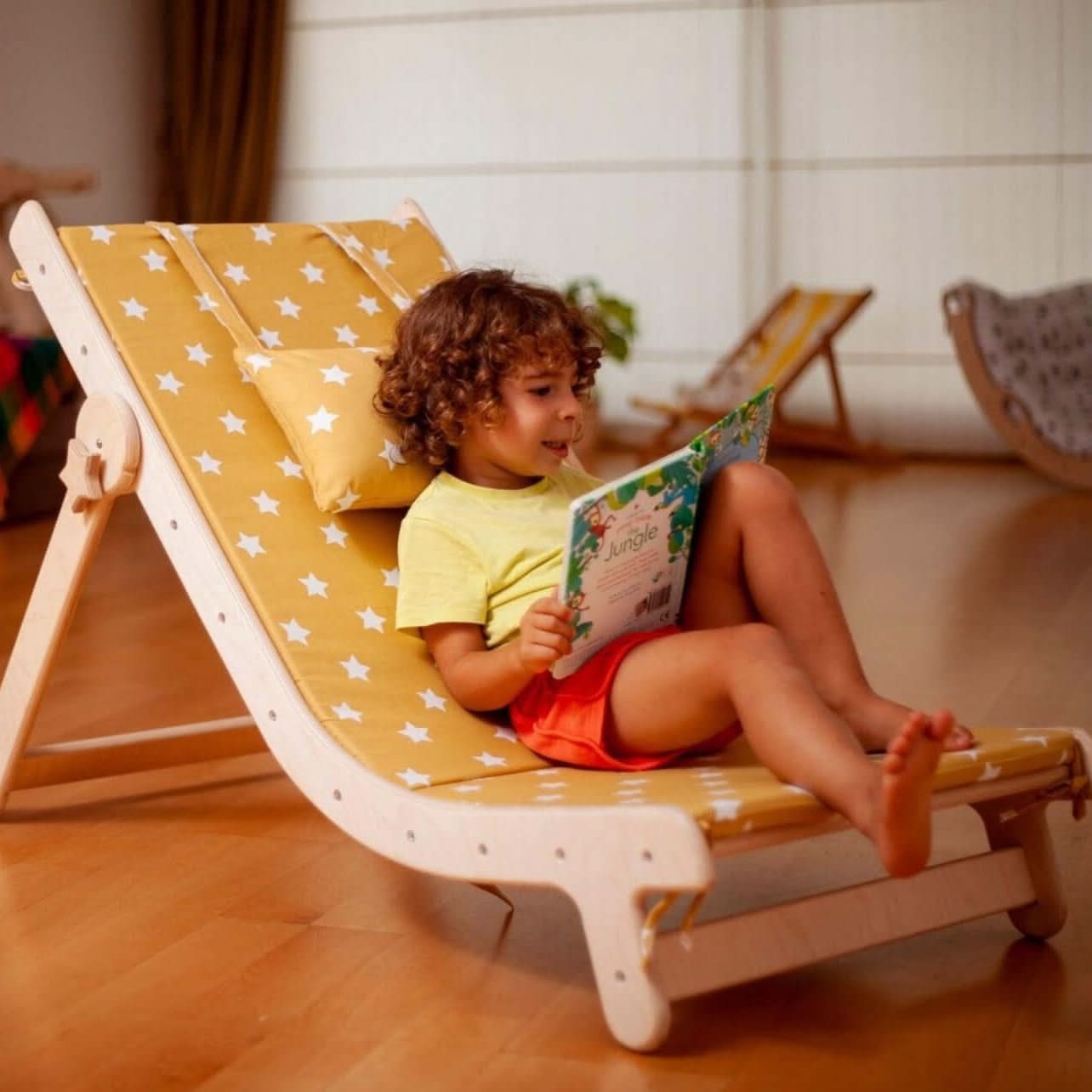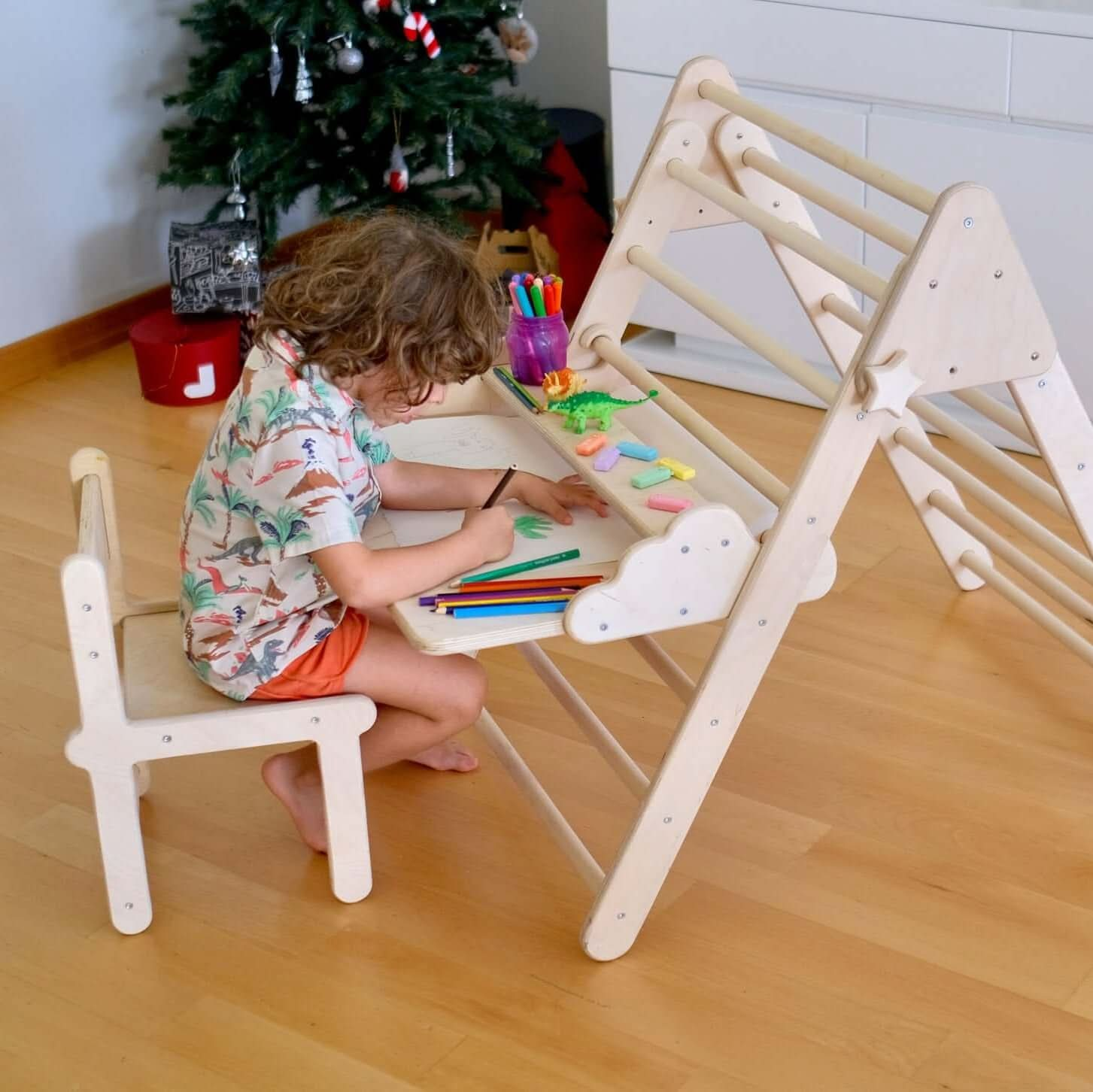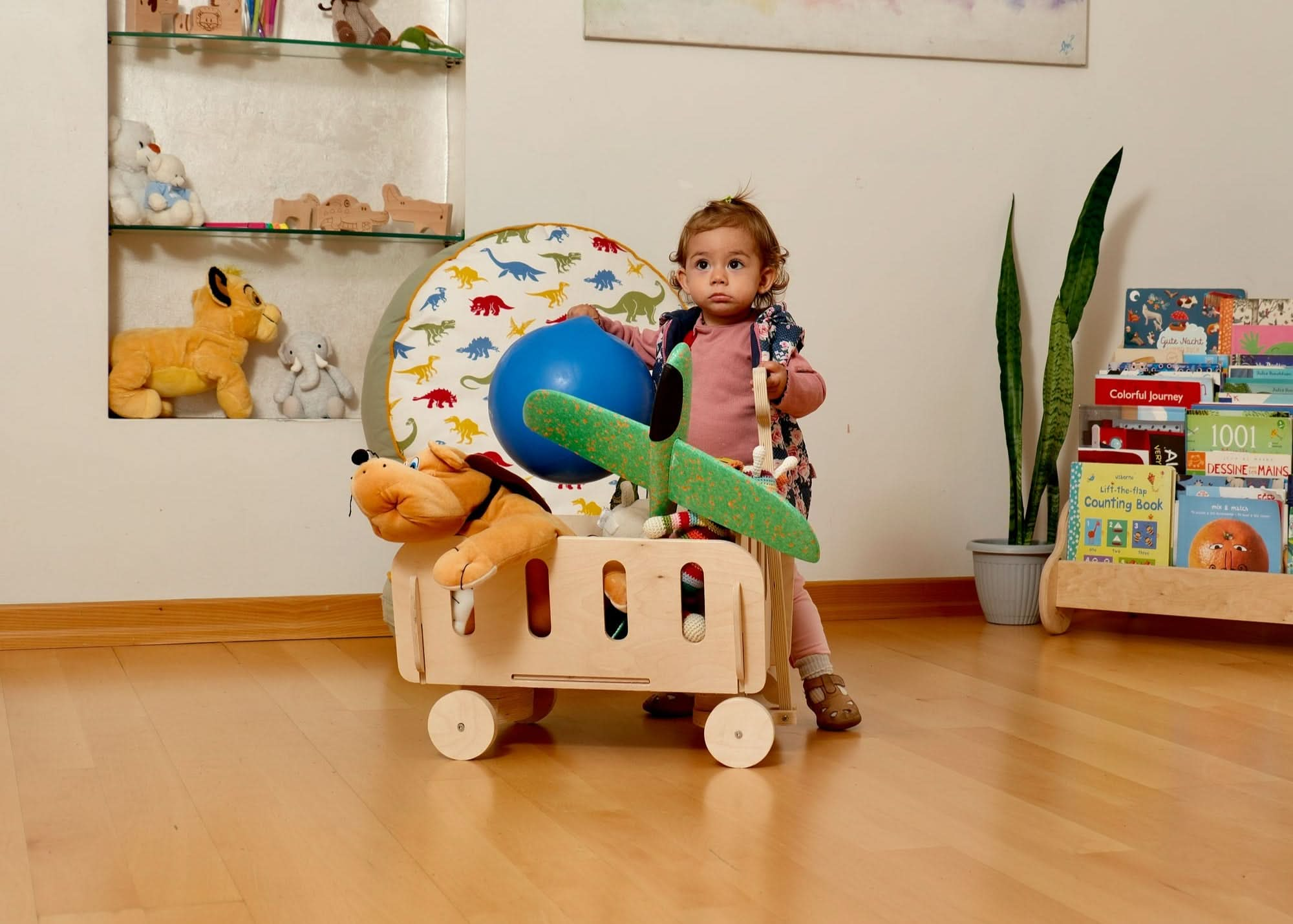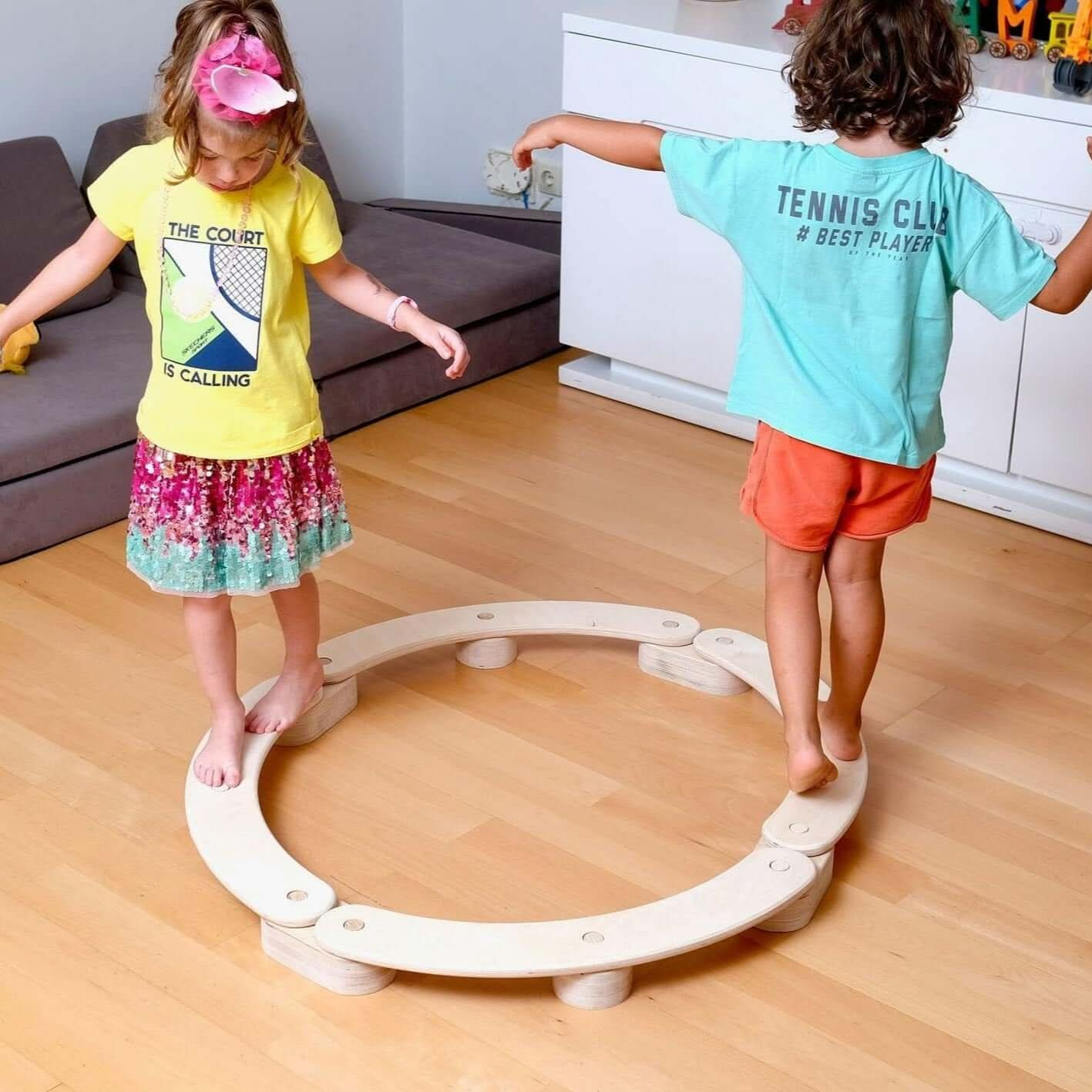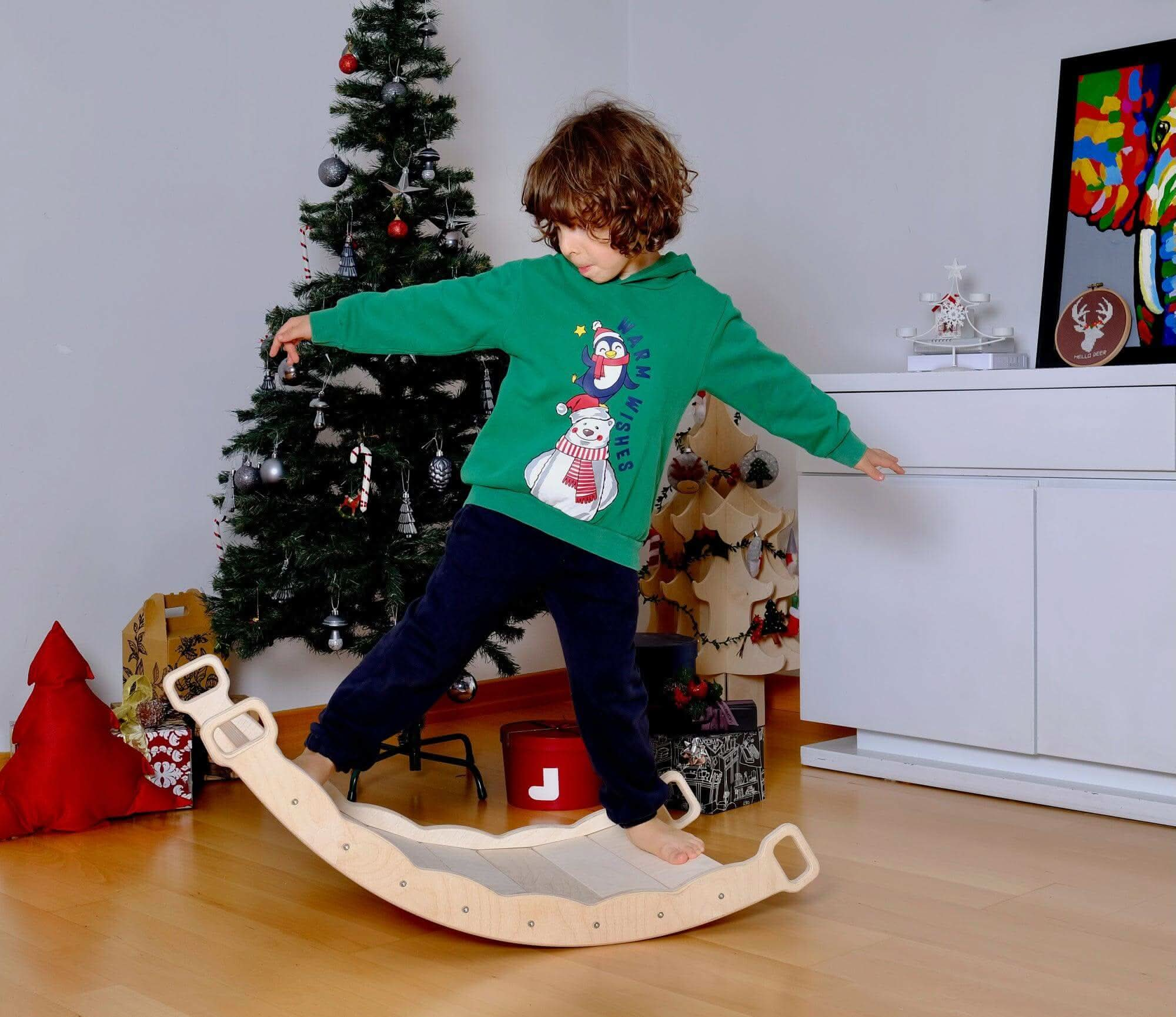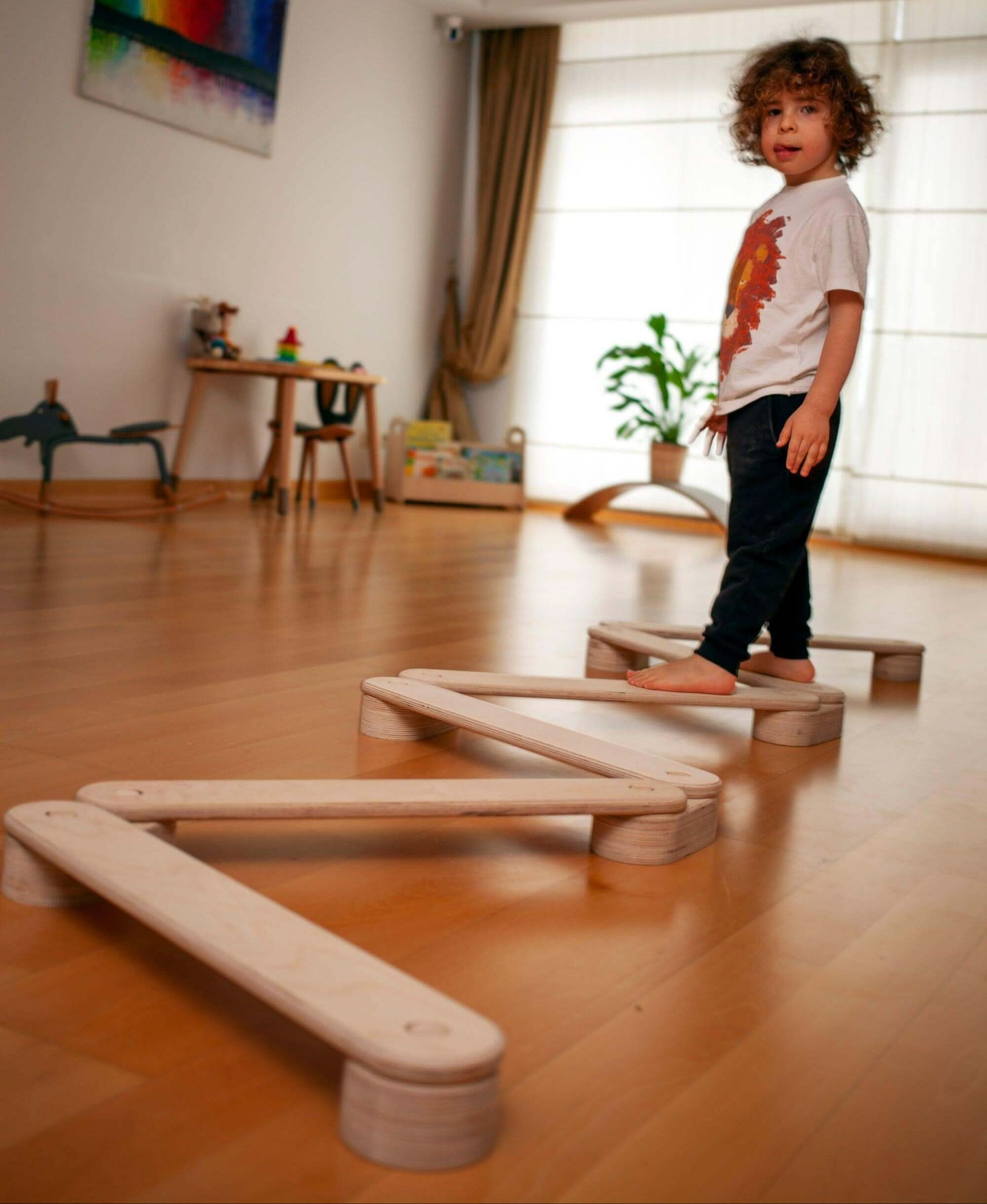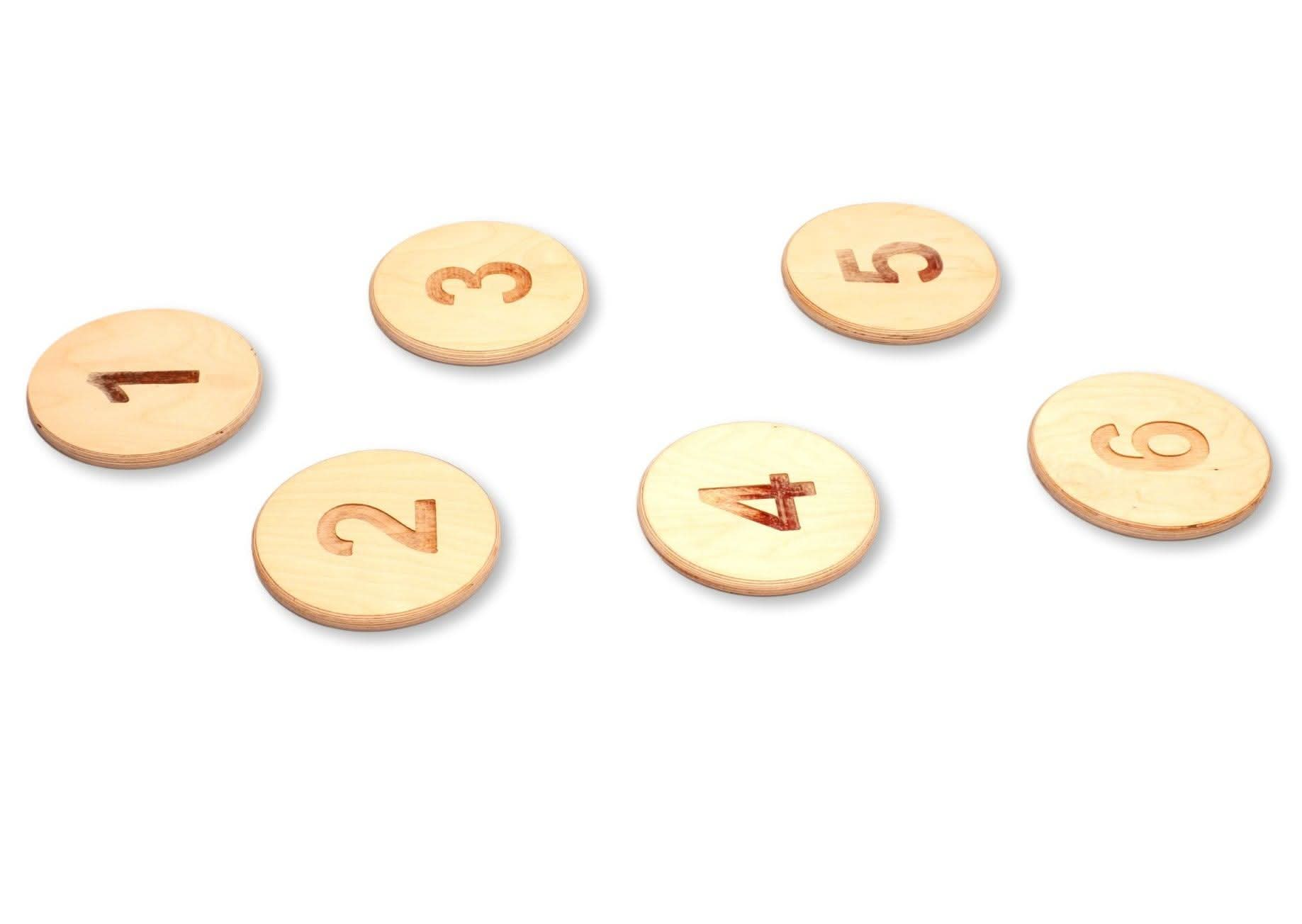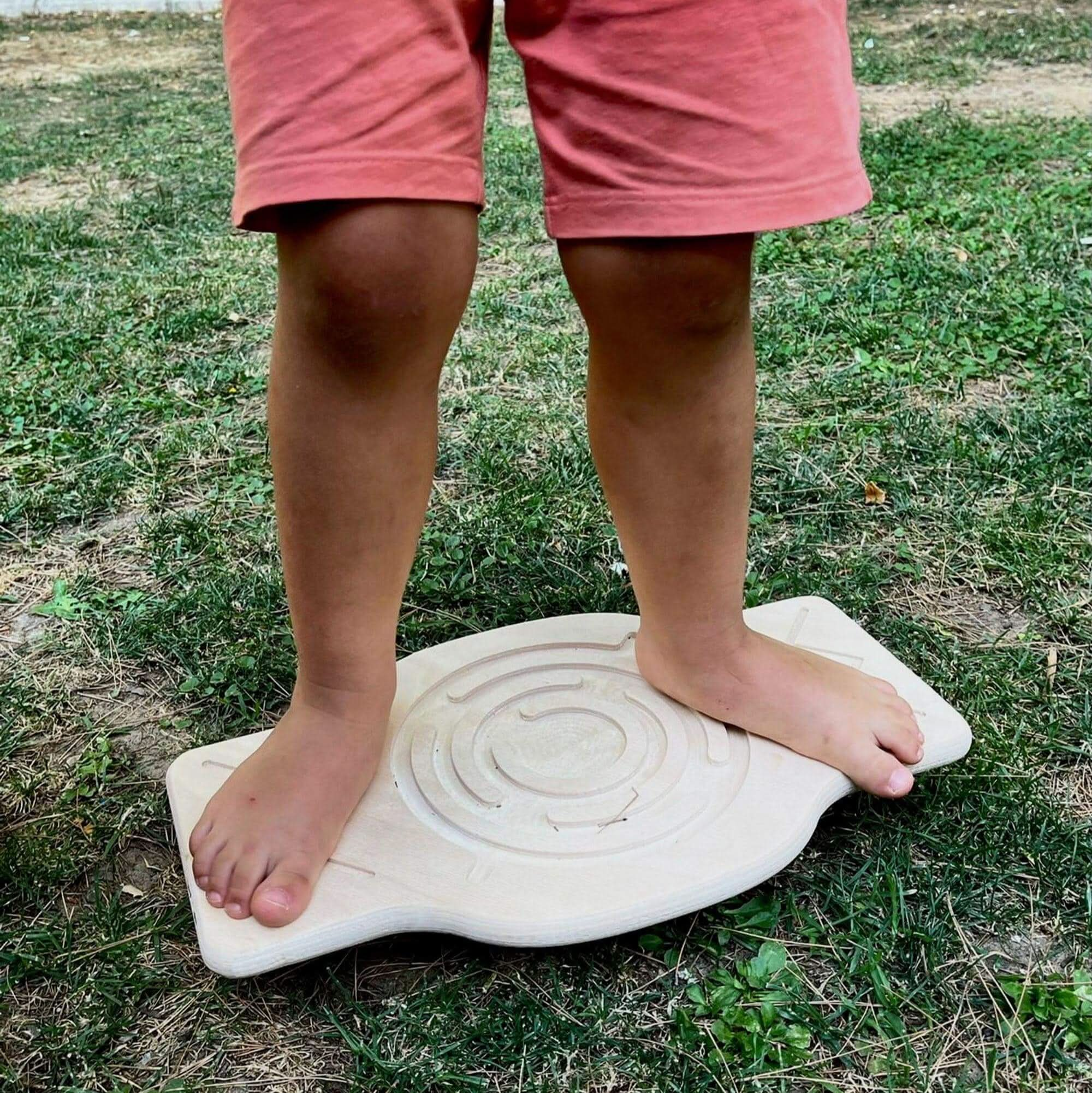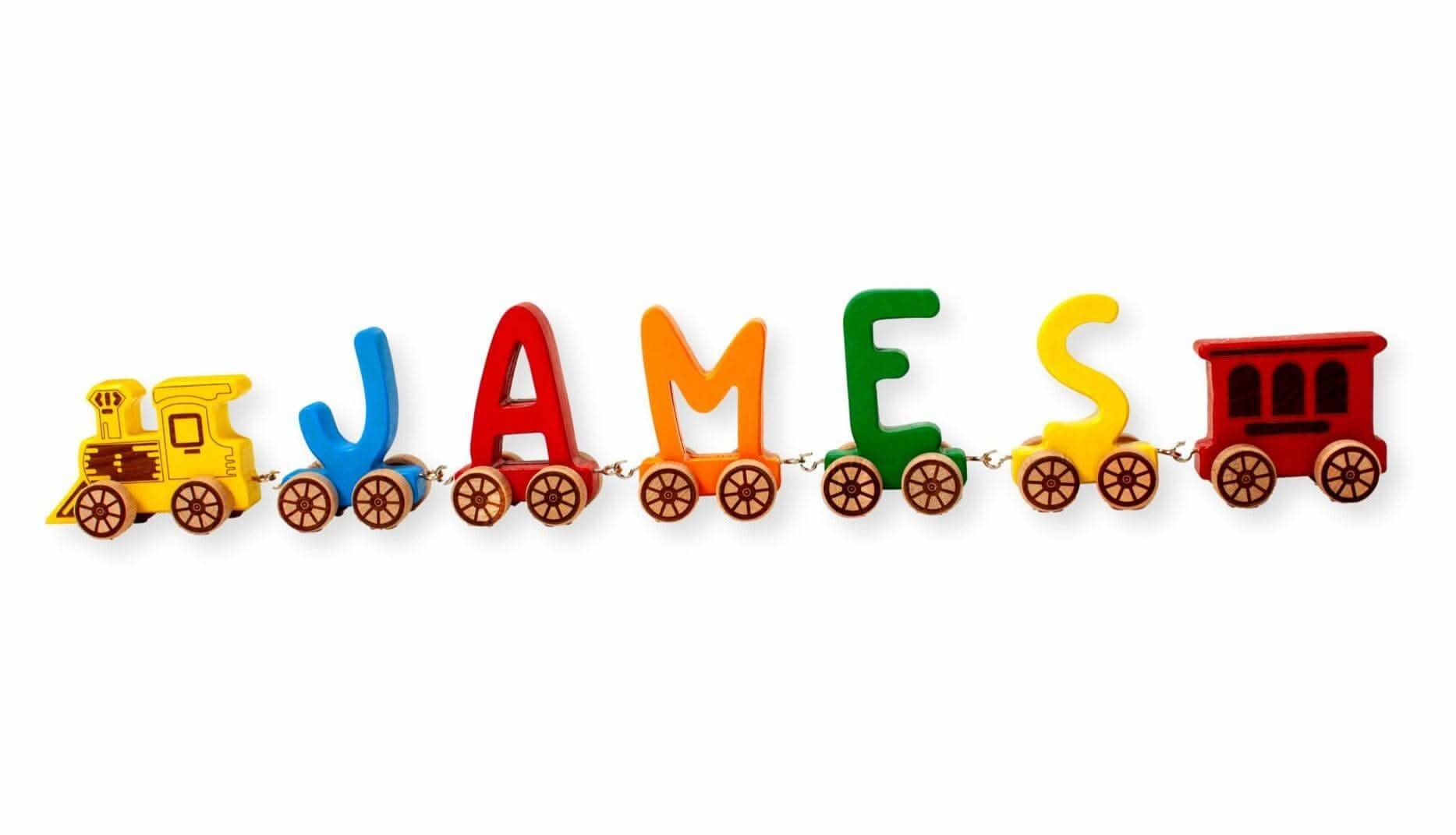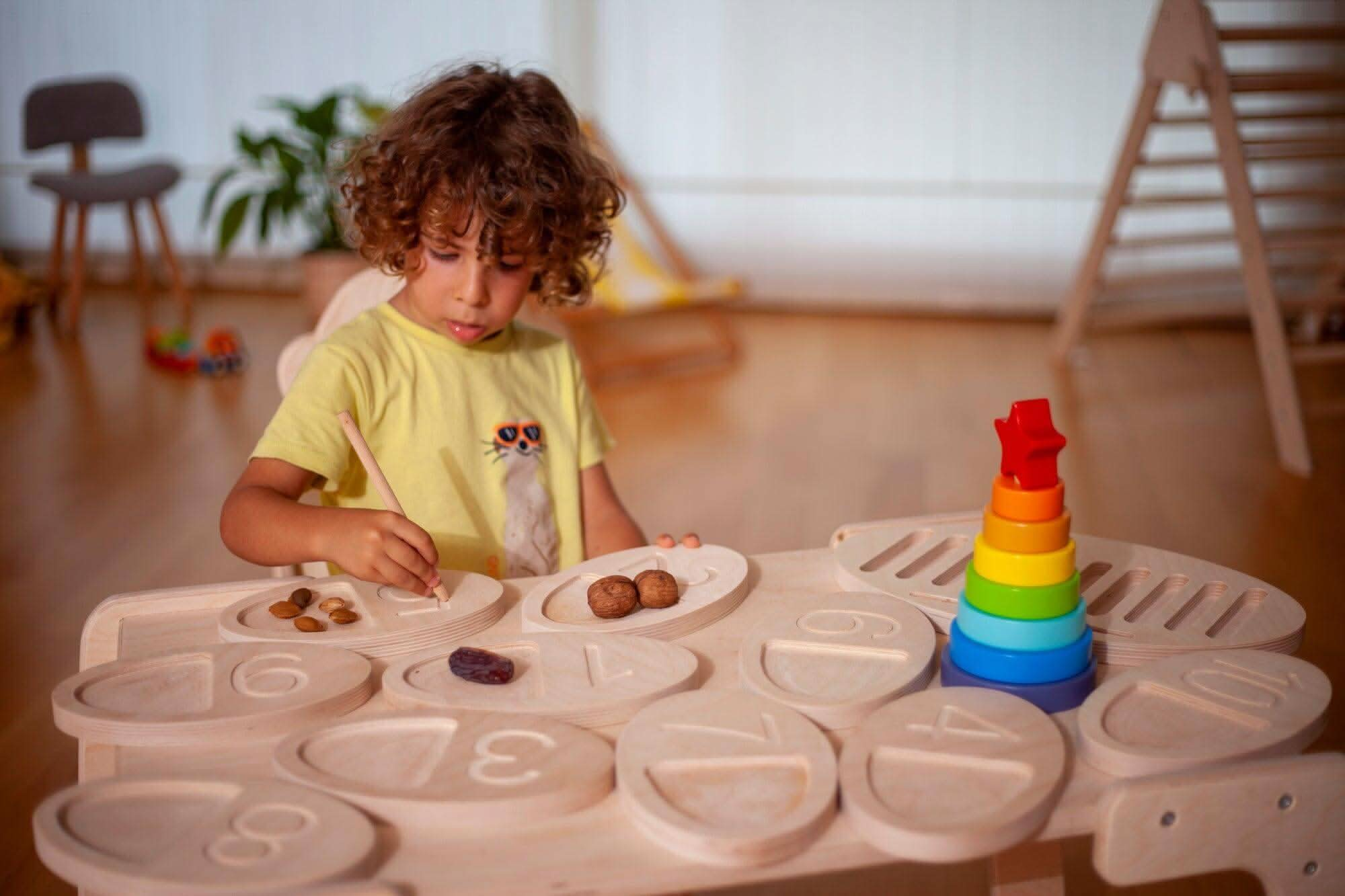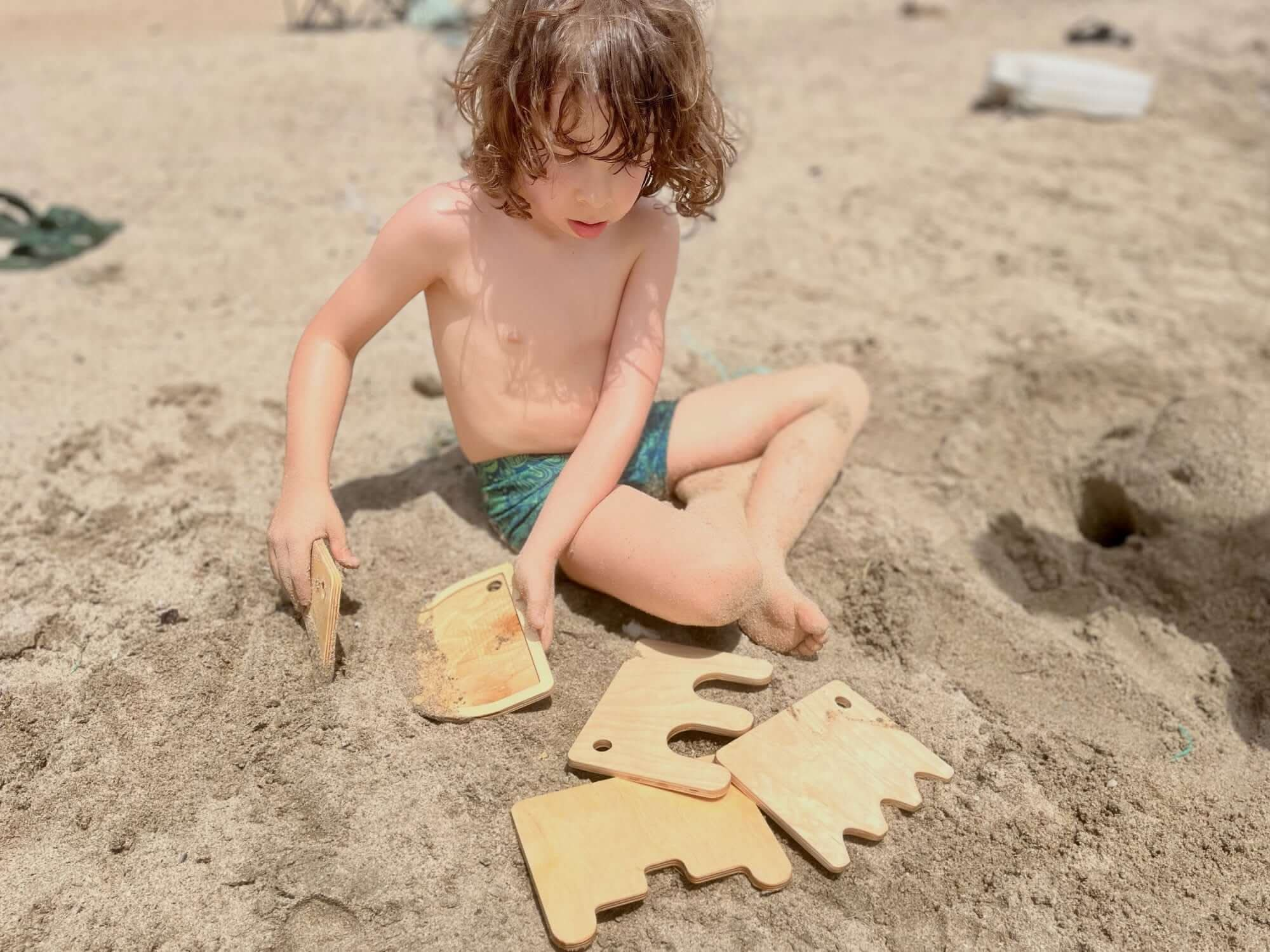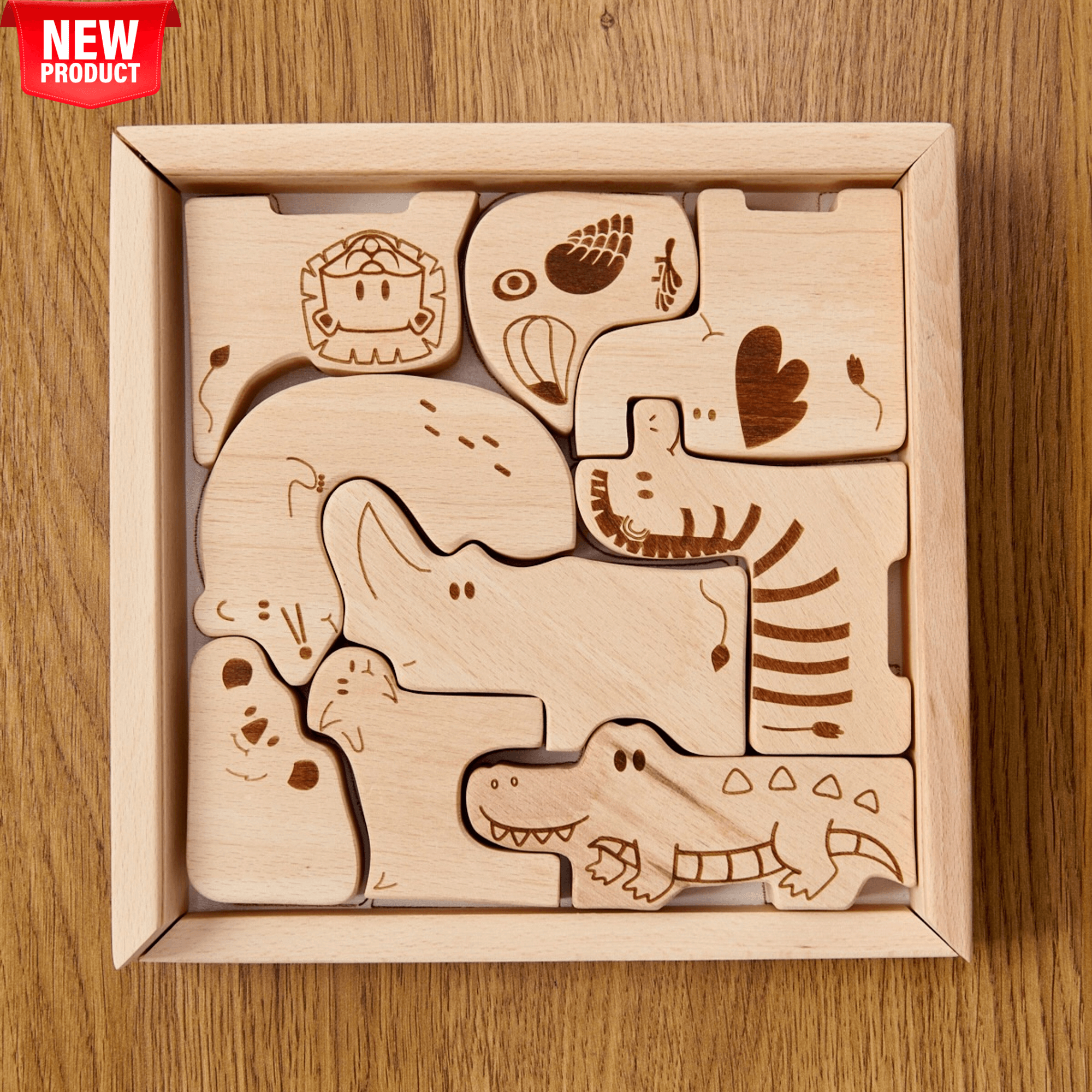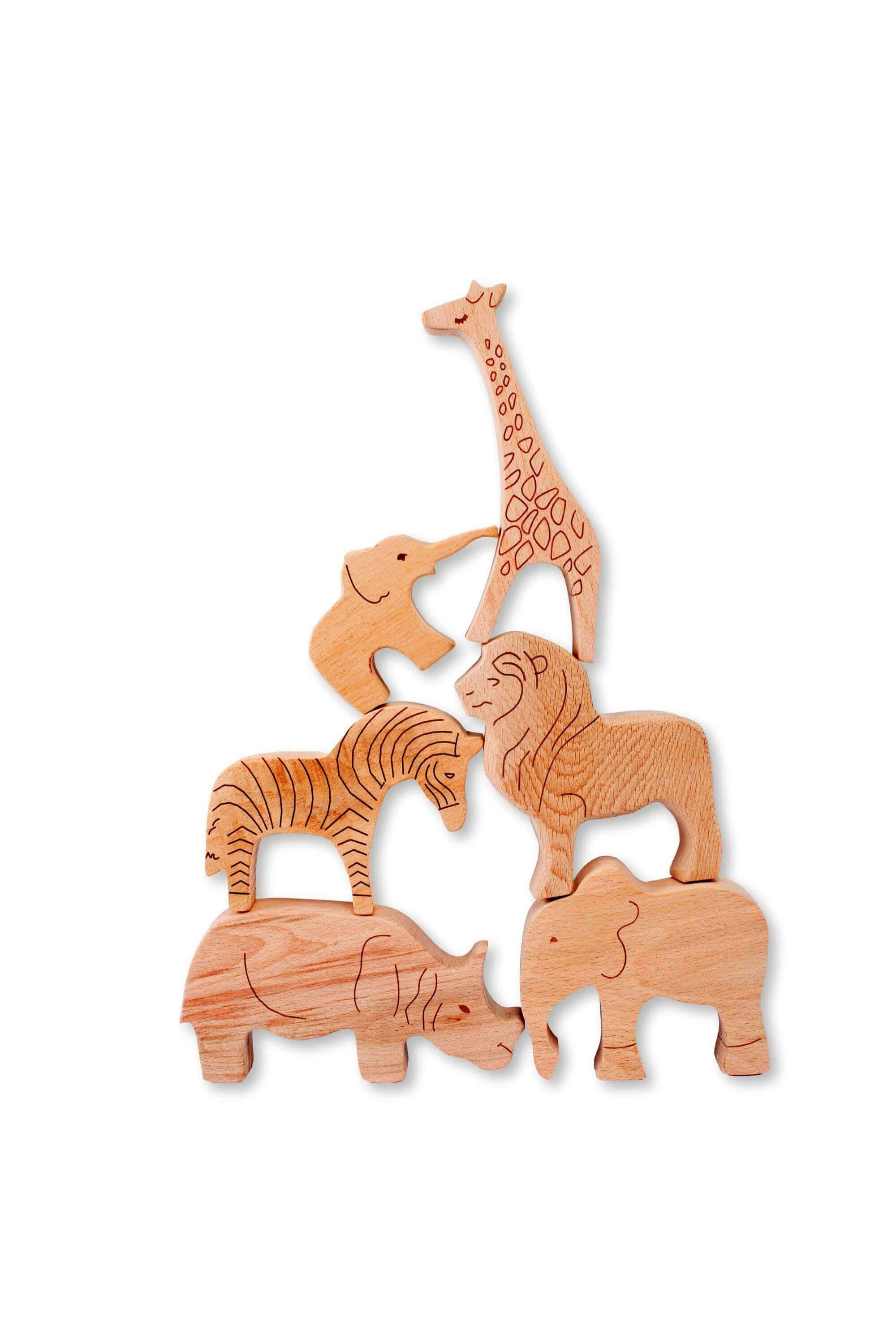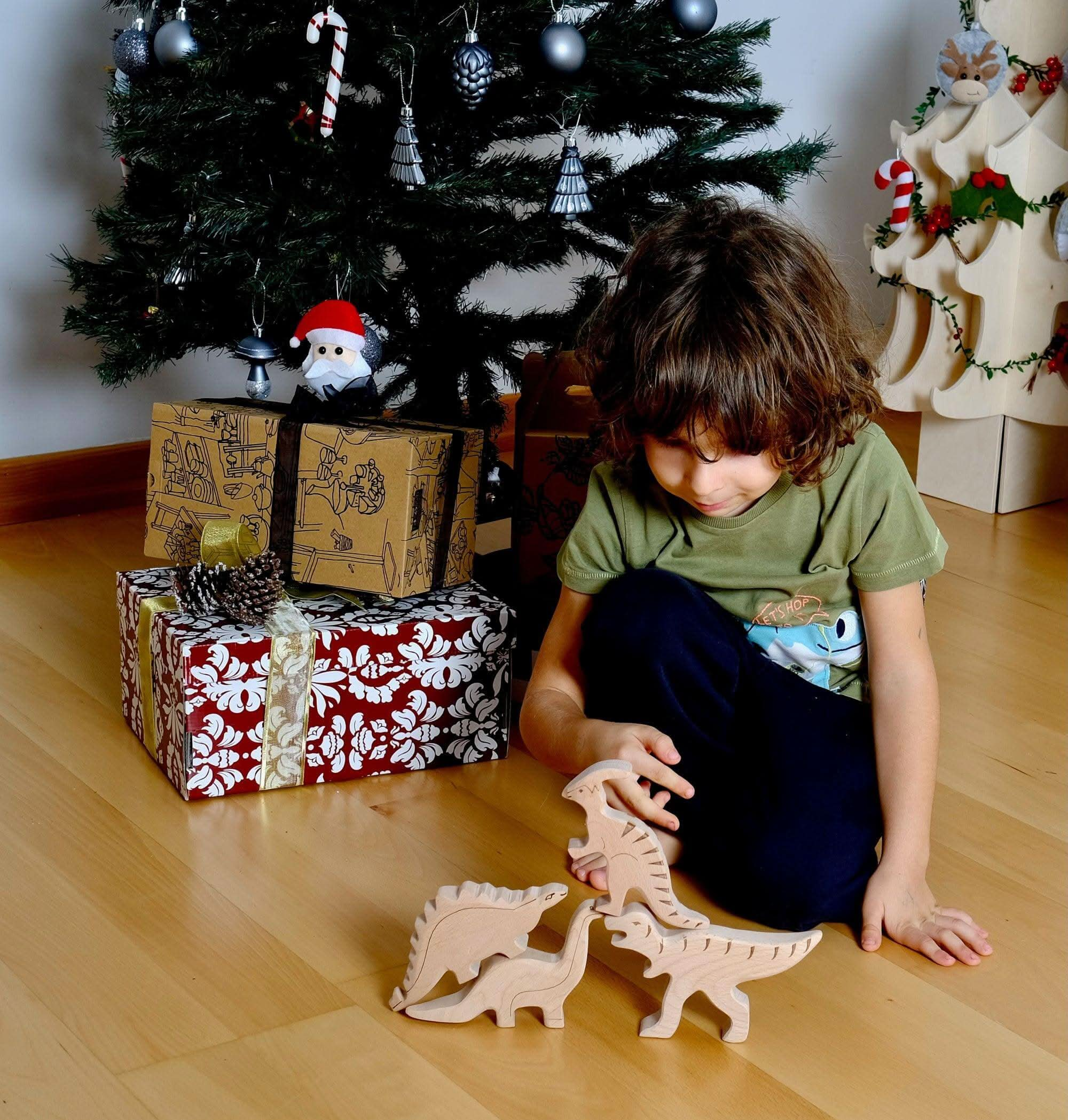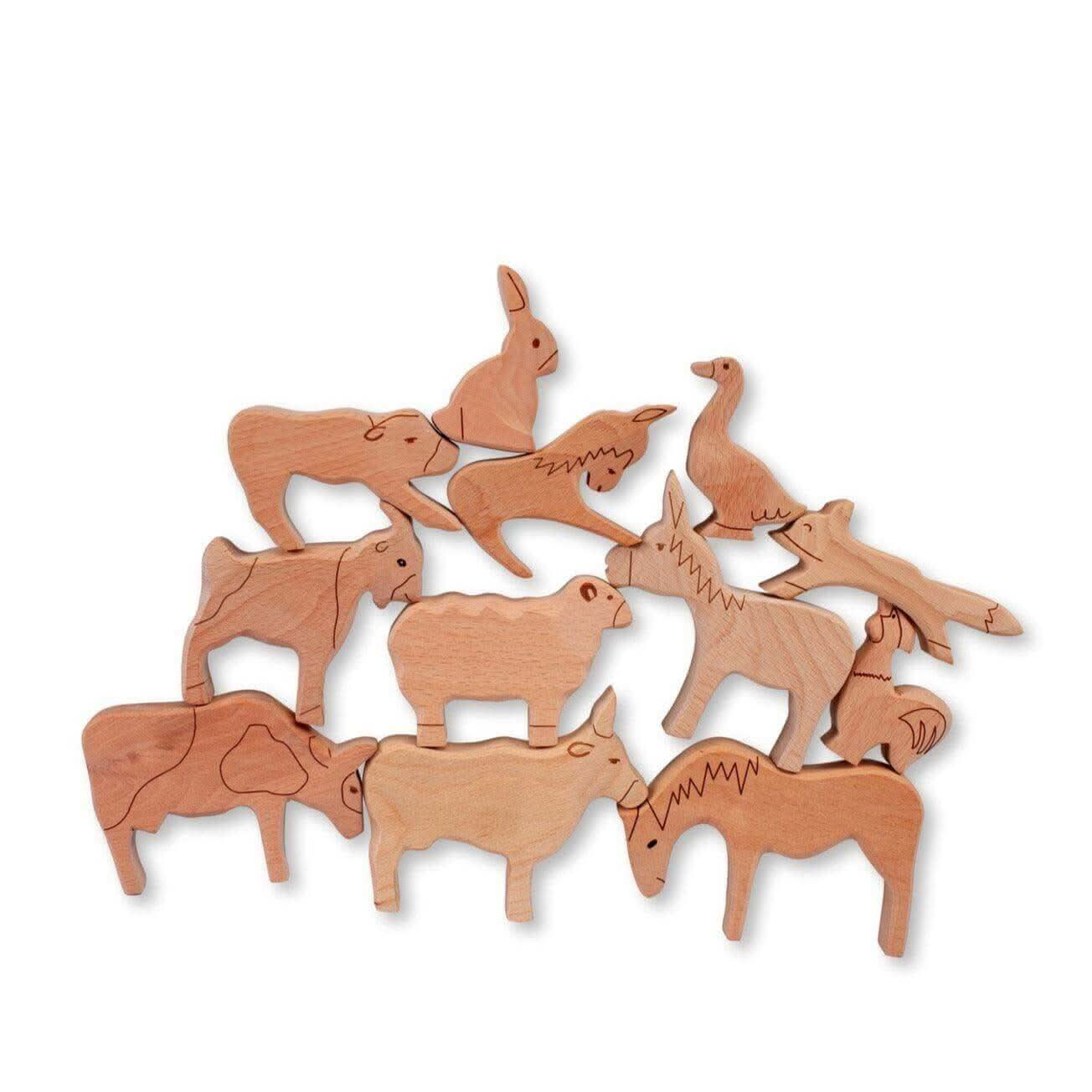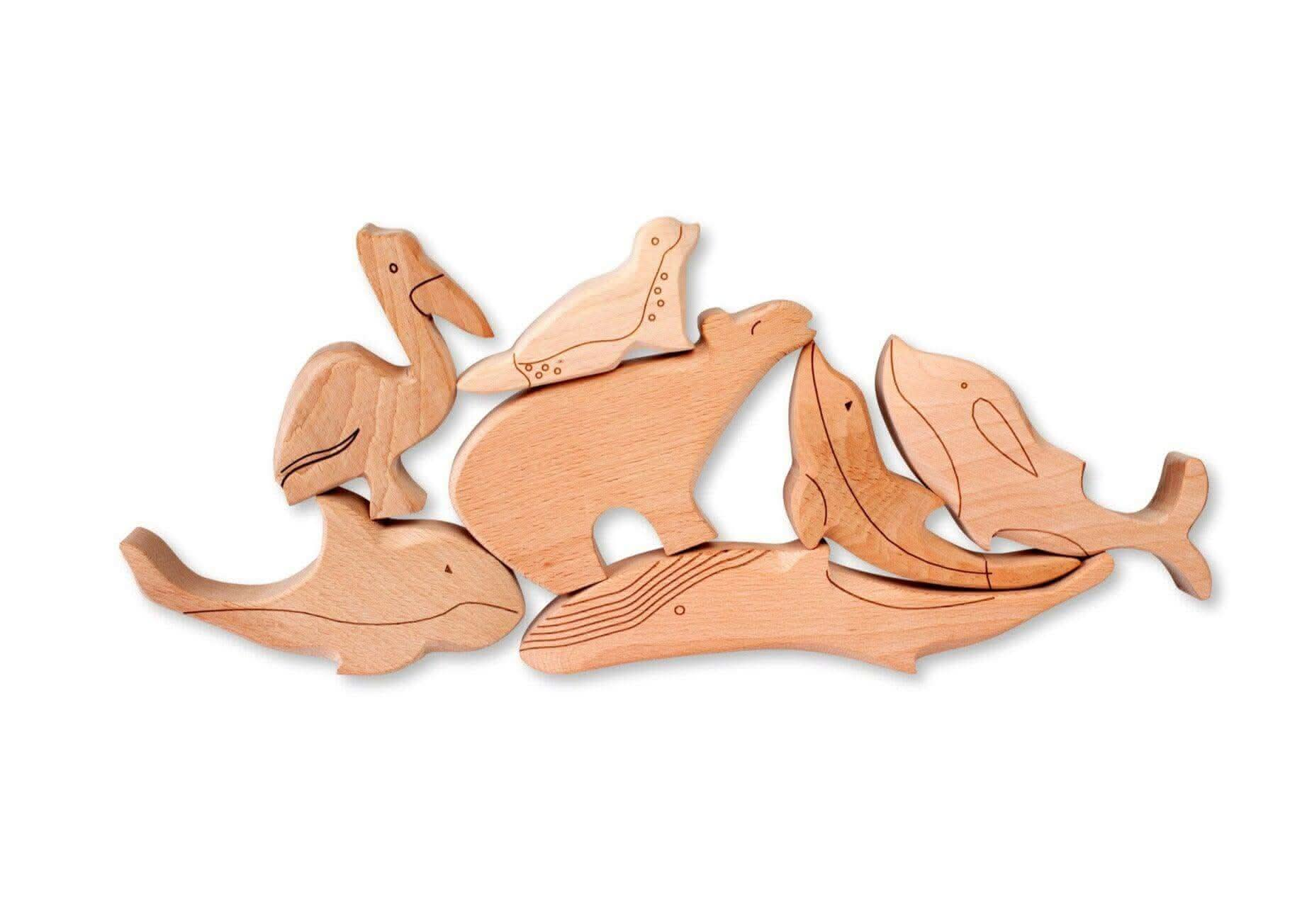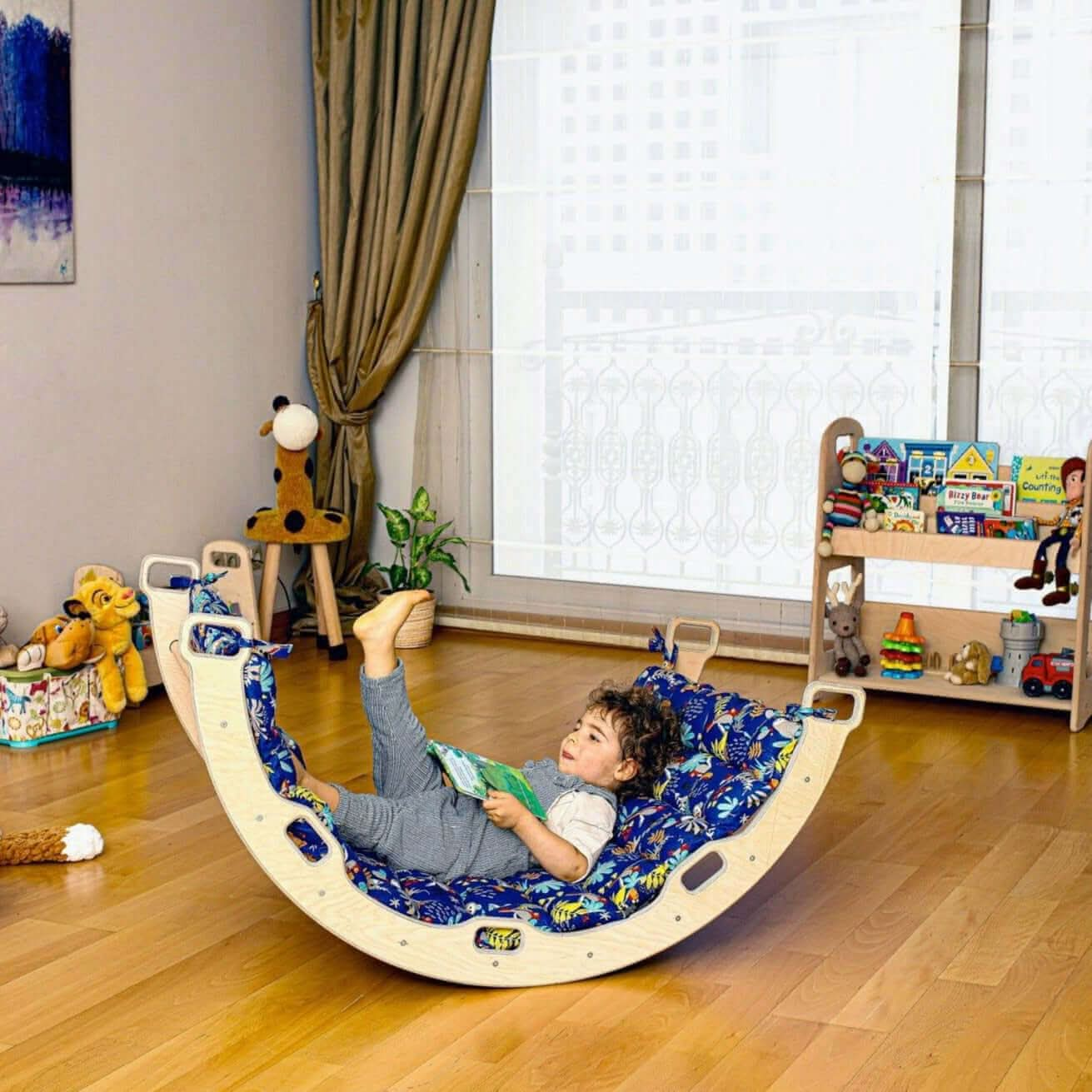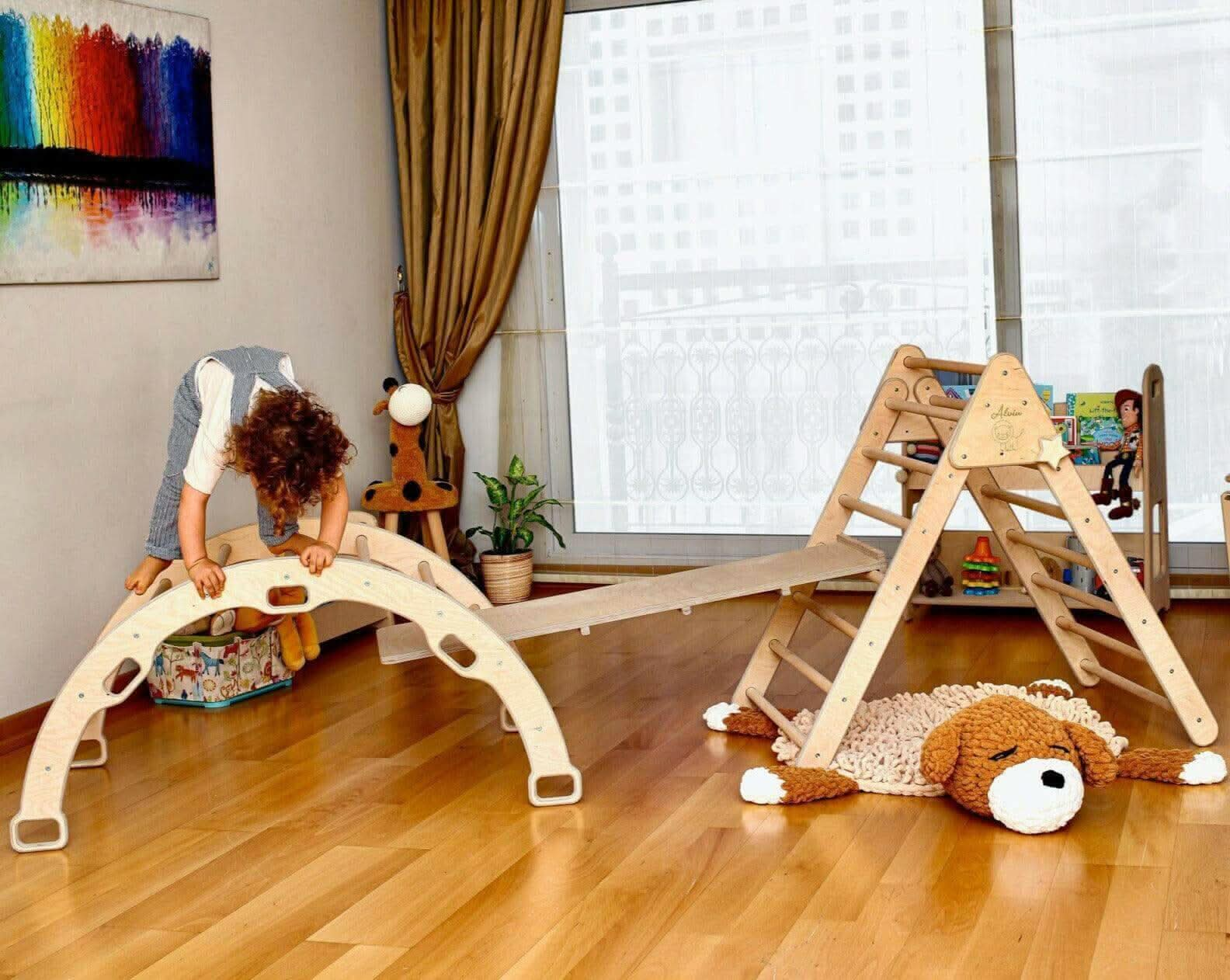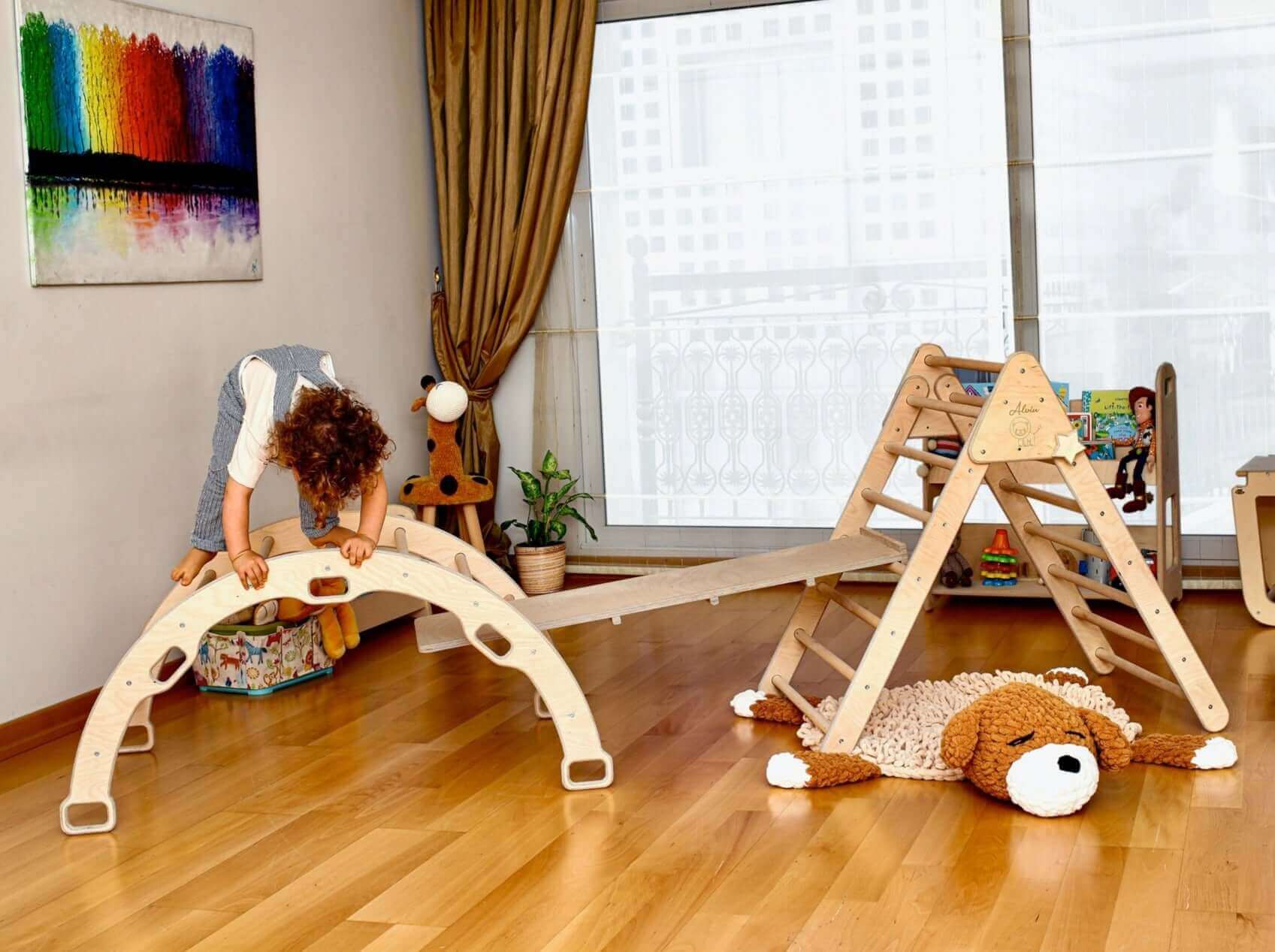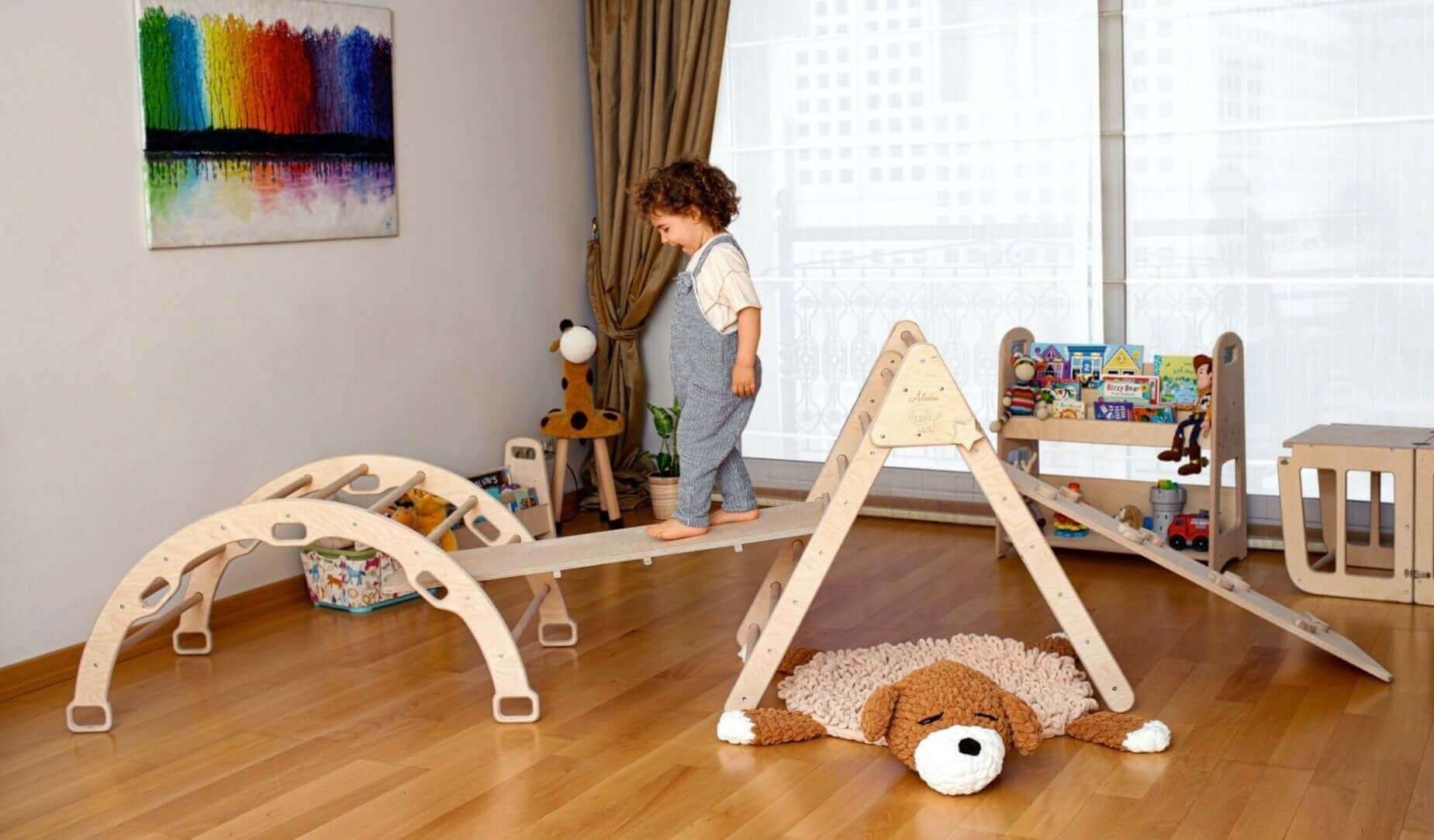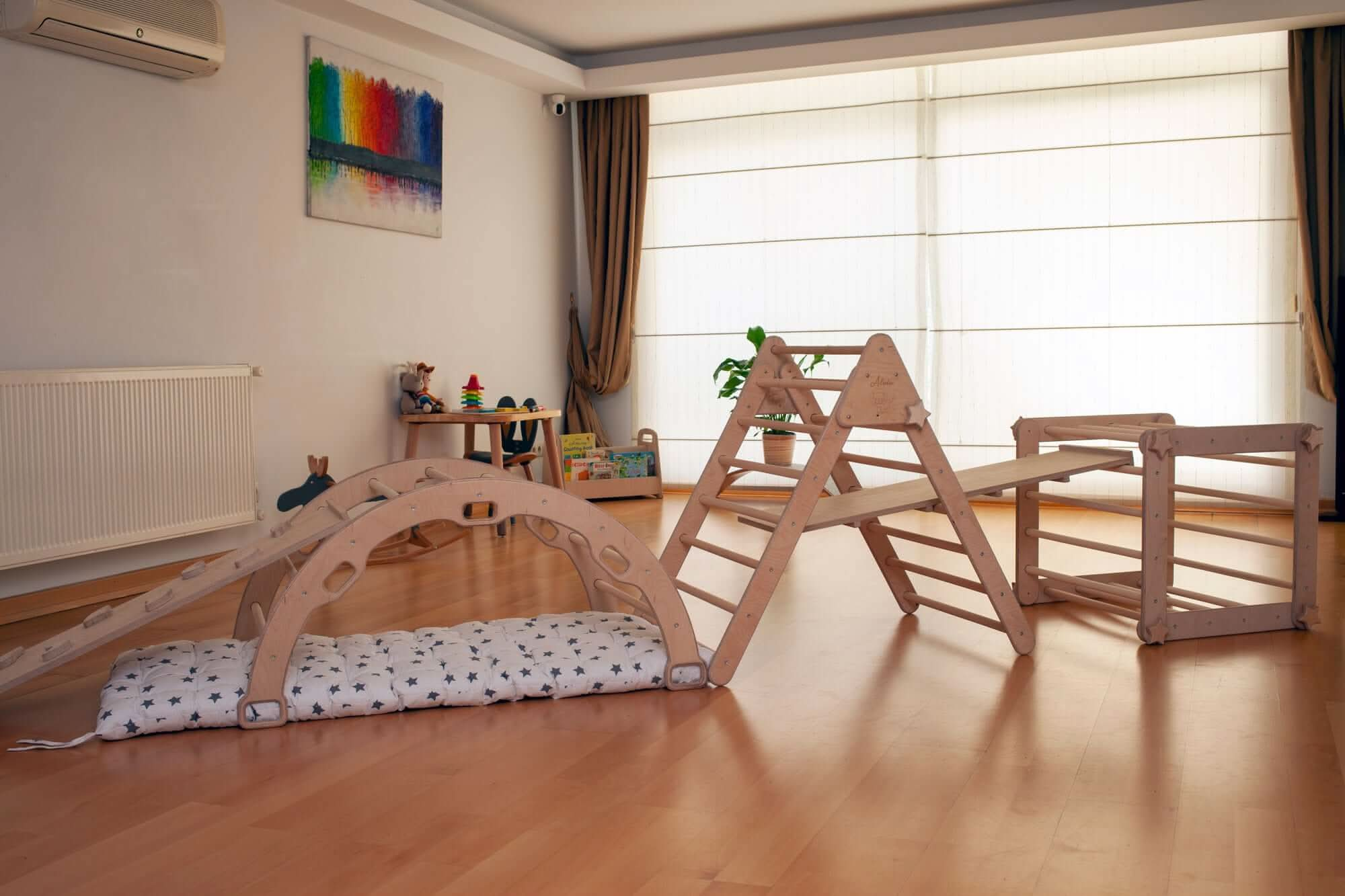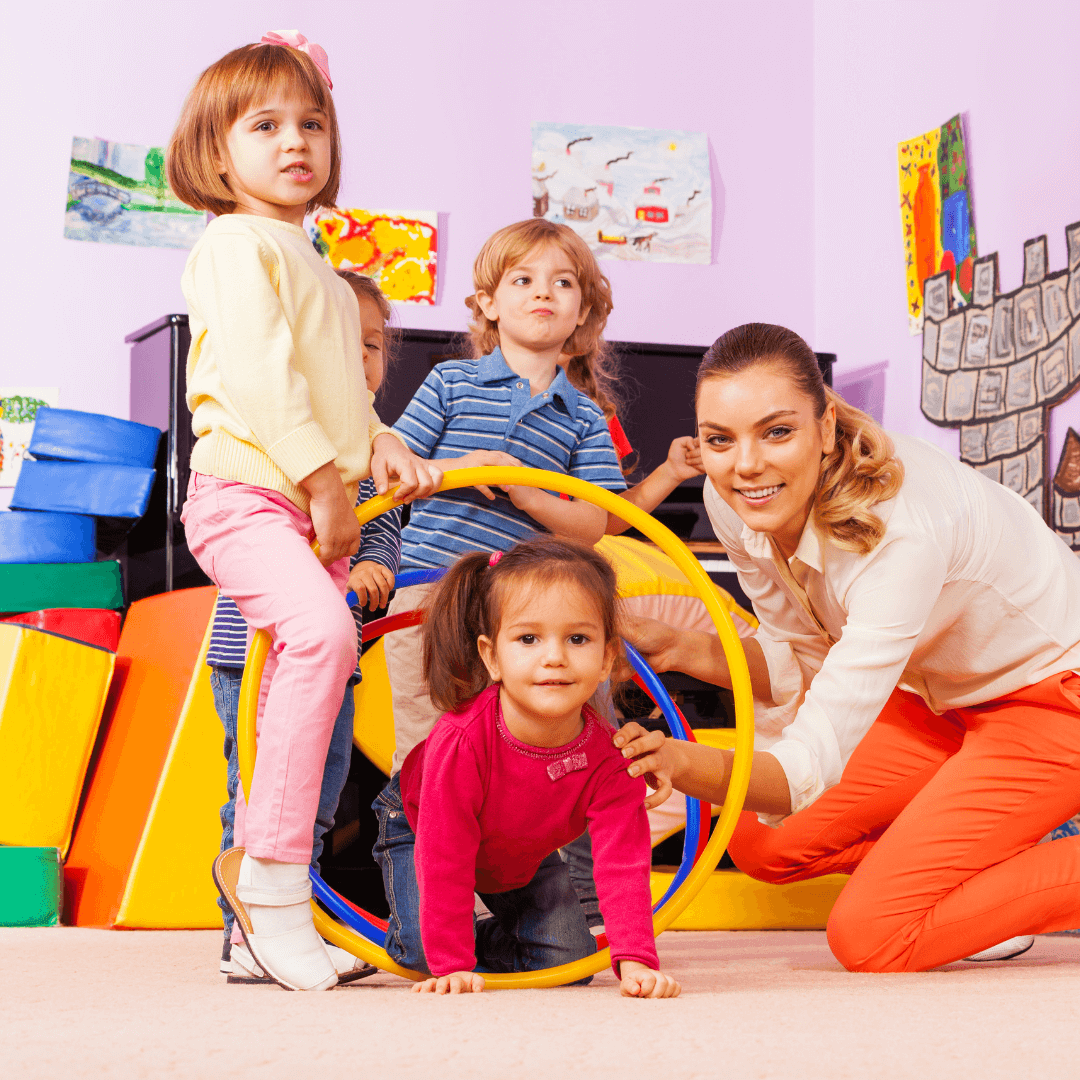
· Von halit burak capraz
The Best Activities and Games for Child Development: A Comprehensive Guide"
"The Best Activities and Games for Child Development: A Comprehensive Guide"
Introduction
Child development is a crucial topic for parents and educators. Every child has a unique developmental process, and the right activities and games can support this journey. In this article, we will explore the best activities and games that promote child development for families in the United States.
What is Child Development and Why is it Important?
Child development is the holistic progression of physical, mental, emotional, and social skills. This developmental process is critical for children to grow up healthy and adapt to society. Parents and educators should choose appropriate activities and games to support children's development.
Activities Supporting Physical Development
1. Outdoor Games
Outdoor games strengthen children's muscles and improve their coordination skills. Examples include:
- Park Play: Swings, slides, and climbing structures.
- Bike Riding: Supports muscle development and improves cardiovascular health.
- Nature Walks: Allows children to explore nature and stay physically active.
2. Sports Activities
Playing sports improves children's physical health and enhances teamwork skills. Popular sports include:
- Soccer: Develops coordination and teamwork skills.
- Basketball: Supports hand-eye coordination and strategic thinking.
- Swimming: Engages all muscle groups and improves water safety.
Games Supporting Mental Development
1. Educational Games
Educational games enhance children's problem-solving skills and critical thinking abilities. Examples include:
- Puzzles: Increase patience and logical reasoning.
- Memory Games: Strengthen memory and improve concentration.
- Math Games: Develop mathematical thinking and problem-solving skills.
2. Science Experiments
Simple science experiments that can be done at home stimulate children's curiosity and scientific thinking. Examples include:
- Volcano Experiment: Helps understand chemical reactions.
- Magnet Experiment: Allows exploration of magnetism.
- Ice and Salt Experiment: Teaches about temperature changes and melting points.
Activities Supporting Social Skills
1. Group Games
Group games enhance children's social skills and cooperation abilities. Examples include:
- Playgroups: Facilitate interaction with other children.
- Team Sports: Develop teamwork and leadership skills.
- Drama Activities: Enhance communication and expression skills.
2. Family Activities
Family activities strengthen children's sense of security and family bonds. Examples include:
- Family Picnics: Spend time together outdoors.
- Family Game Nights: Increase communication skills through play.
- Family Trips: Expand social and cultural understanding through exploring new places.
Activities Supporting Emotional Development
1. Creative Art Activities
Art helps children express their emotions and develop creativity. Examples include:
- Painting and Drawing: Allow expressing feelings and using imagination.
- Clay and Sculpture: Develop fine motor skills and imagination.
- Music and Dance: Encourage rhythmic skills and emotional expression.
2. Reading Time
Reading supports children's language skills and emotional development. Examples include:
- Storybooks: Foster empathy and imagination.
- Science Books: Help gain knowledge and increase curiosity.
- Classic Literature: Enhance cultural understanding and language skills.
Conclusion
Child development becomes more efficient and enjoyable when supported by various activities and games. Balanced development of physical, mental, emotional, and social skills contributes to children growing up as healthy and happy individuals. Parents and educators can significantly contribute to children's development by regularly incorporating these activities.

